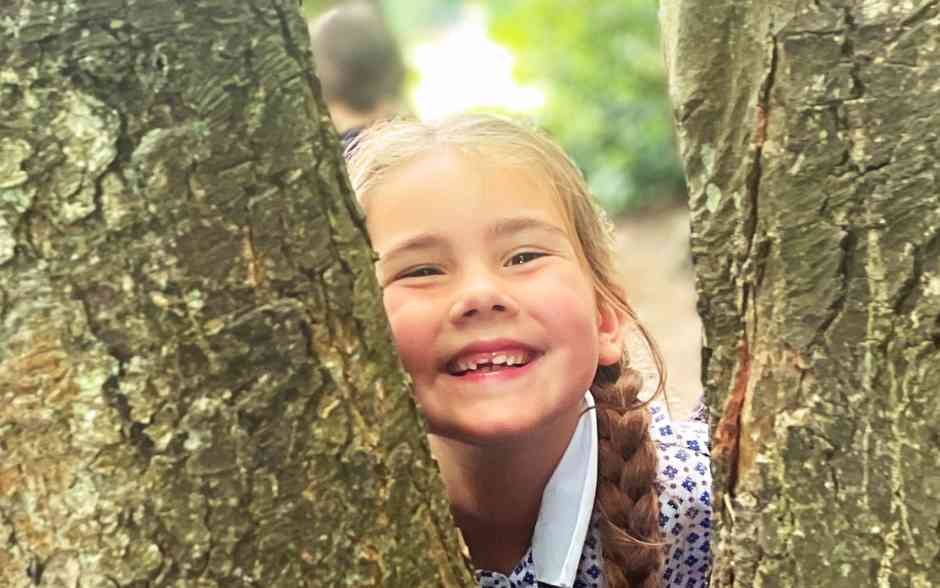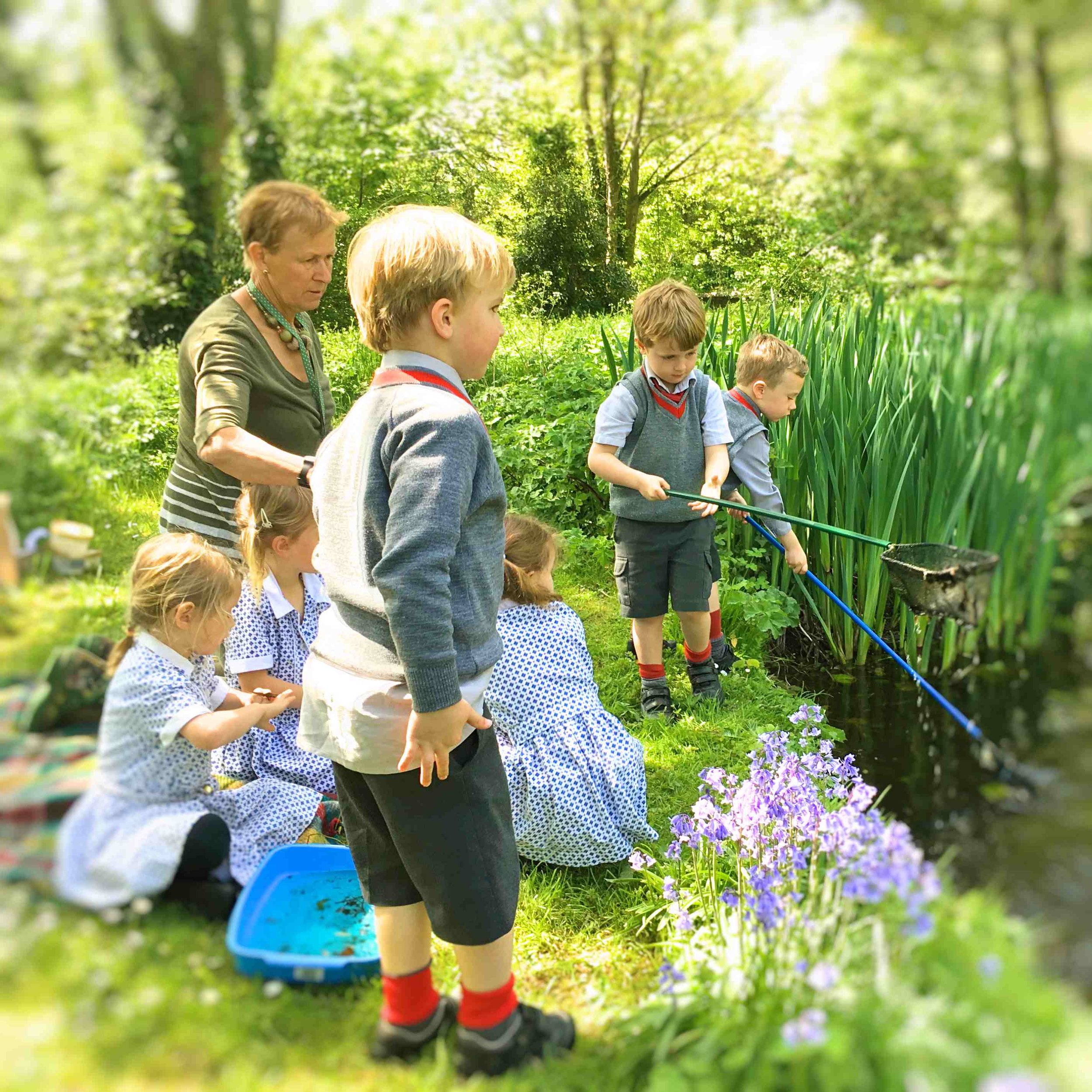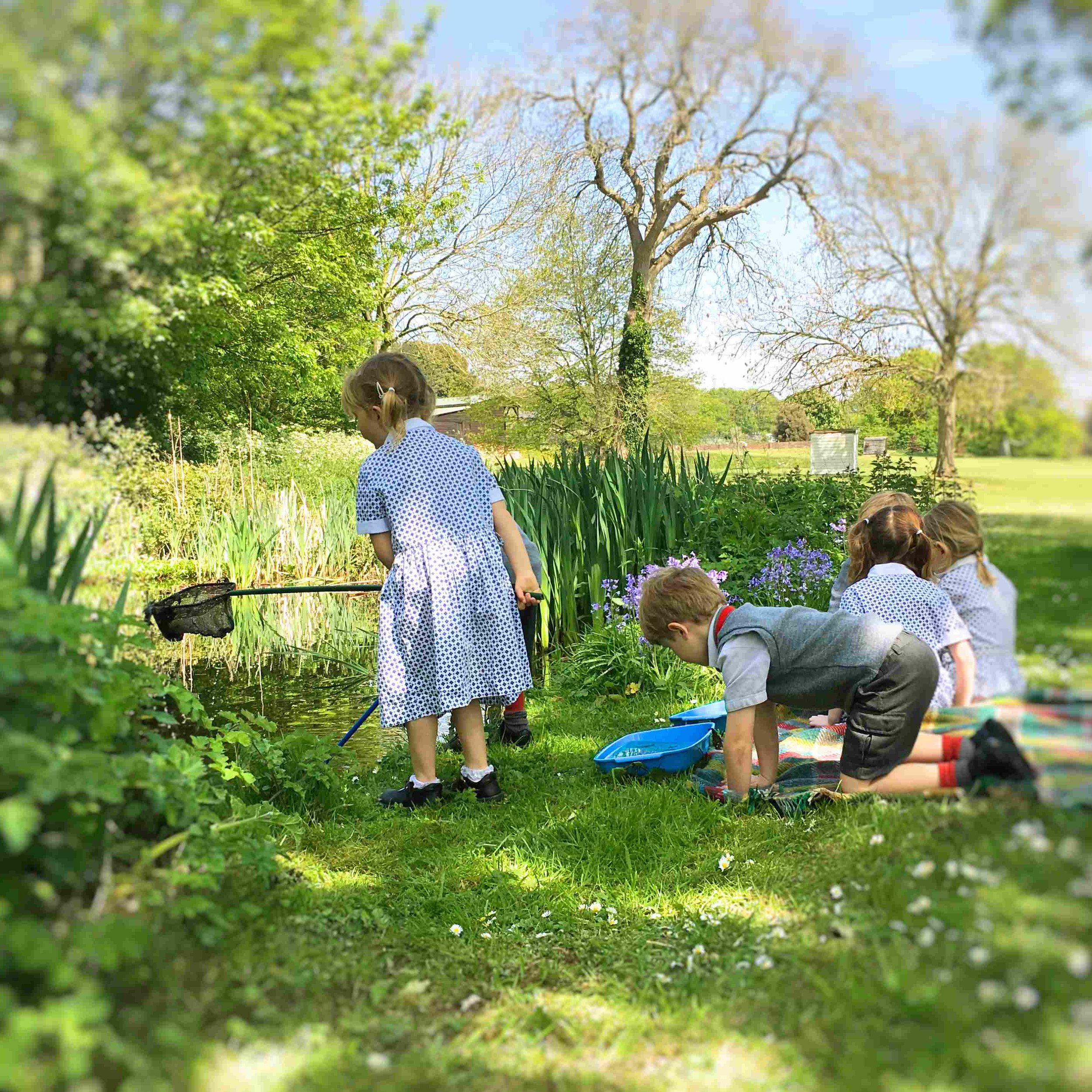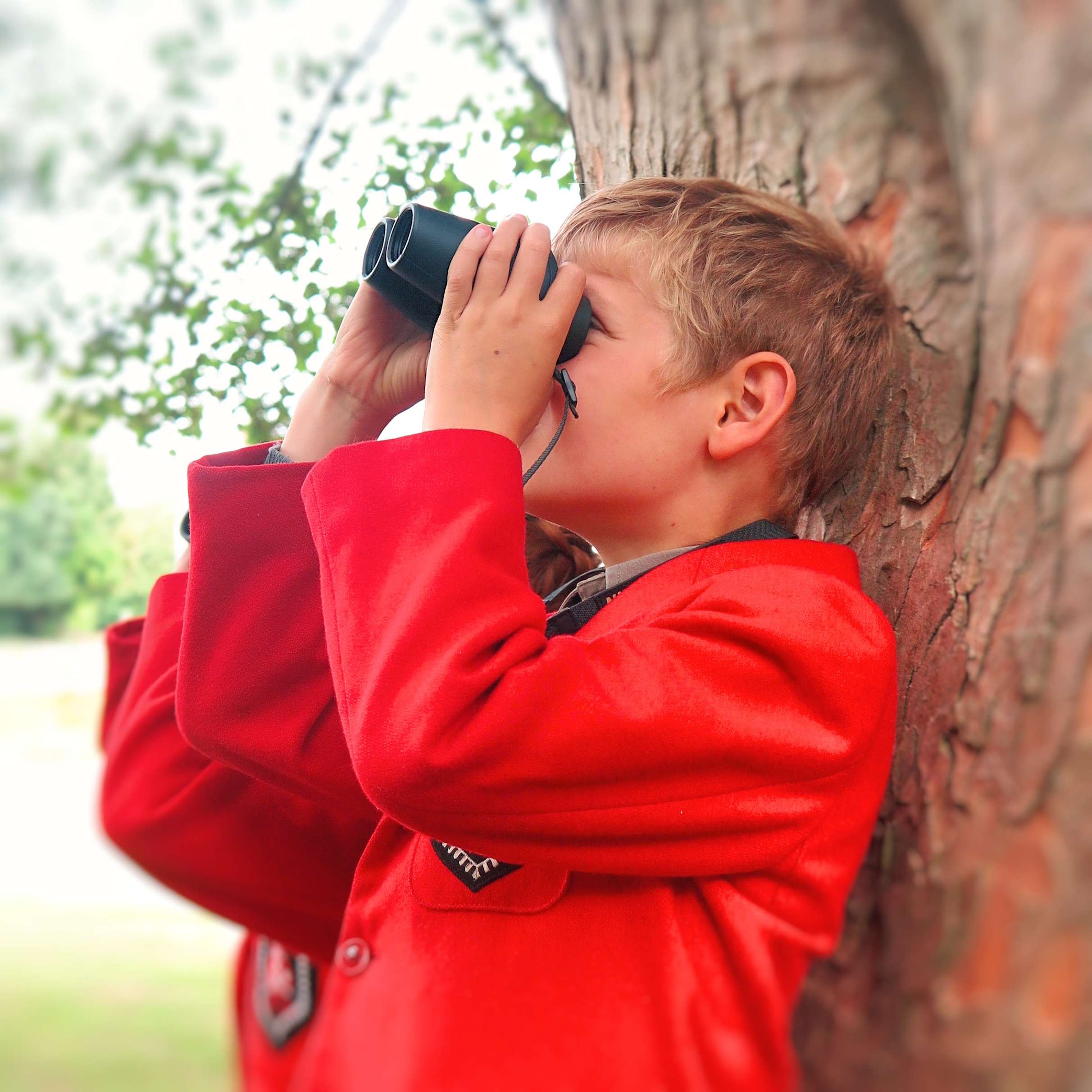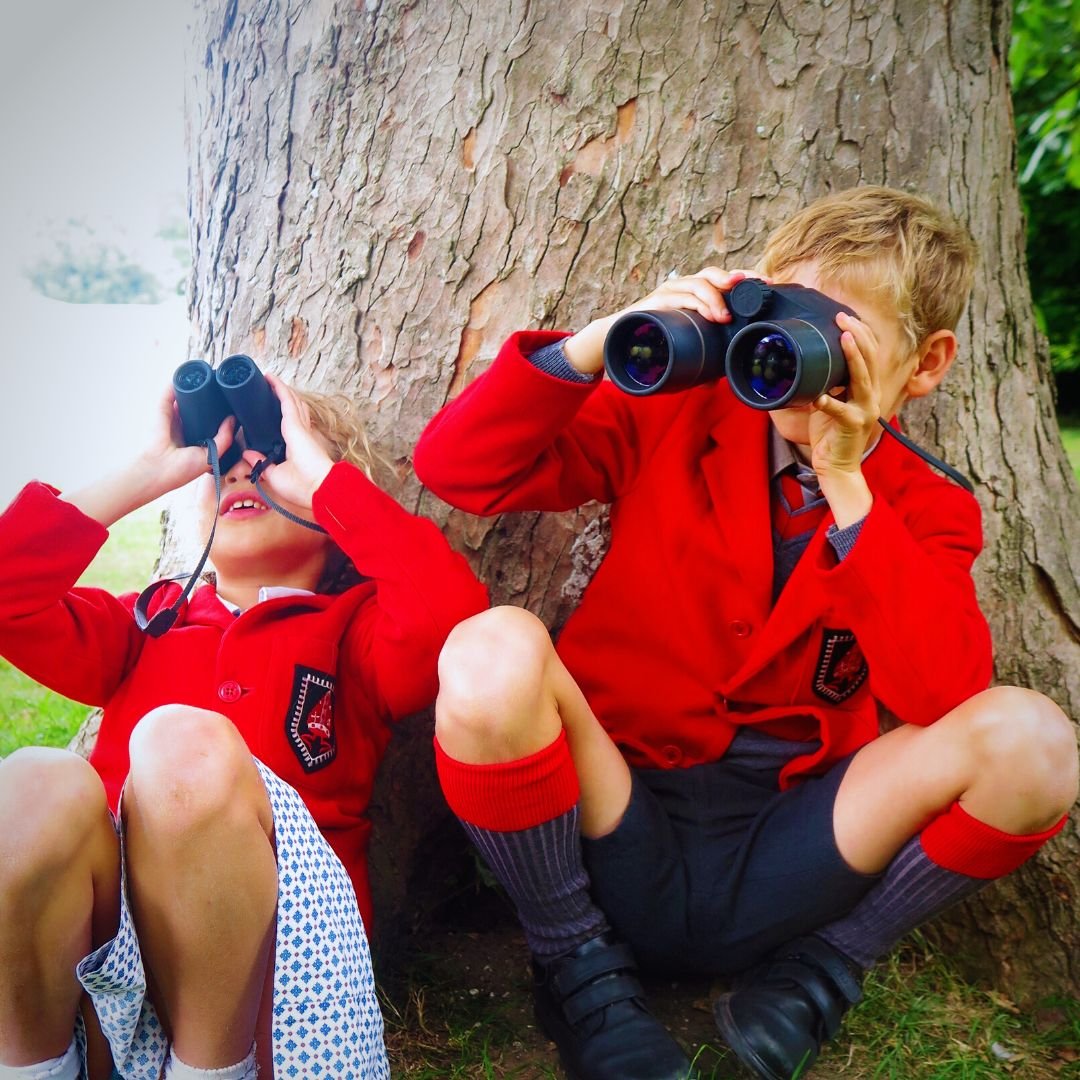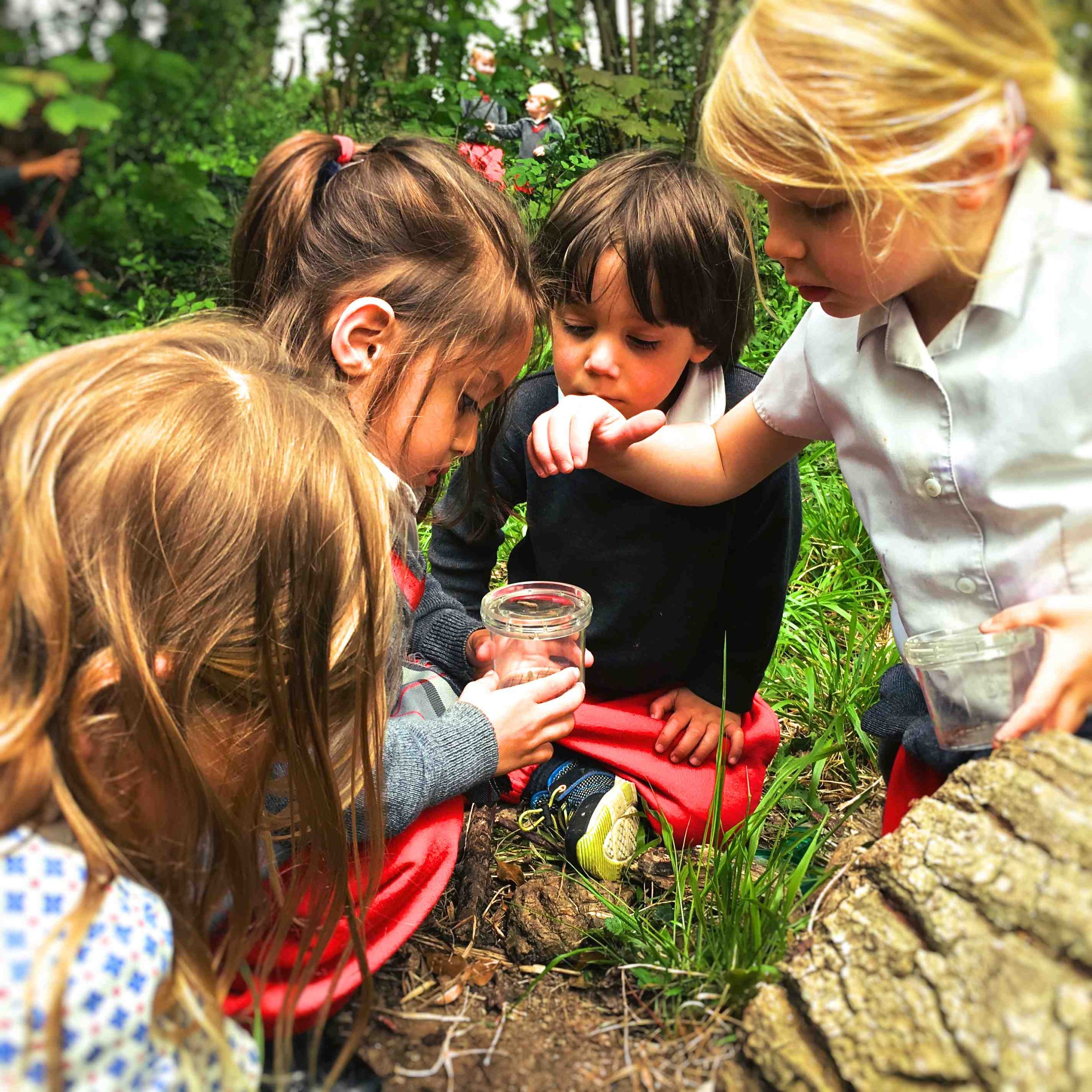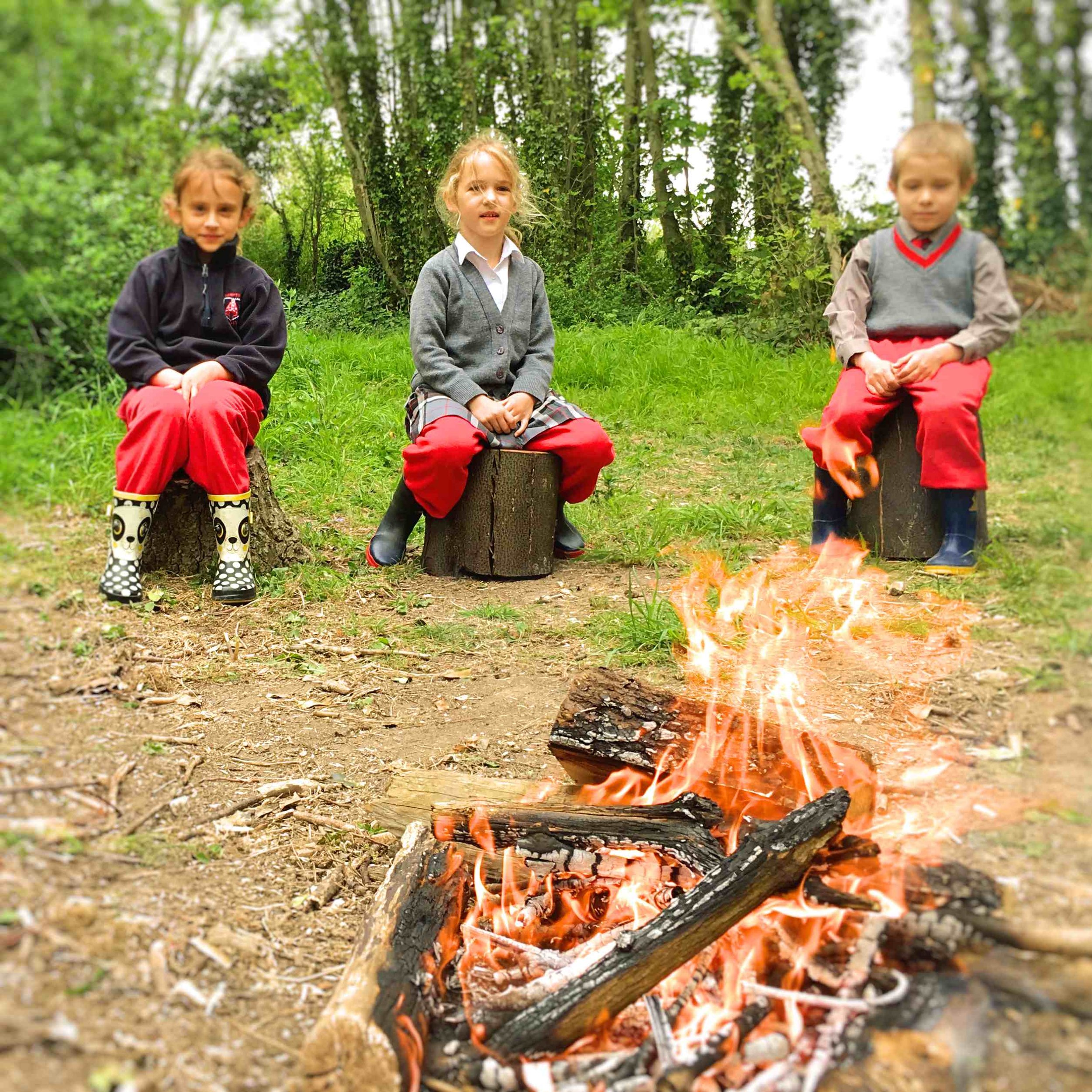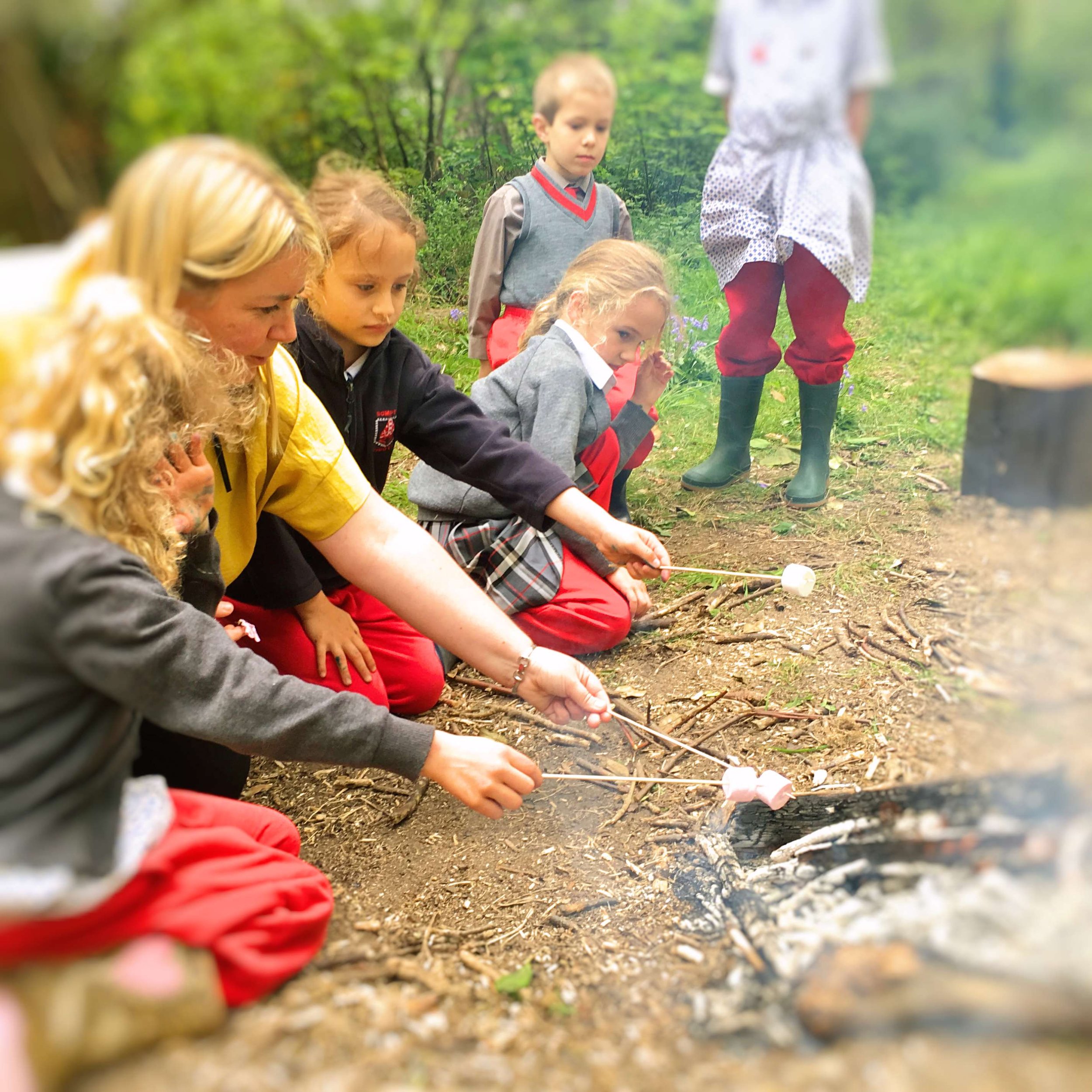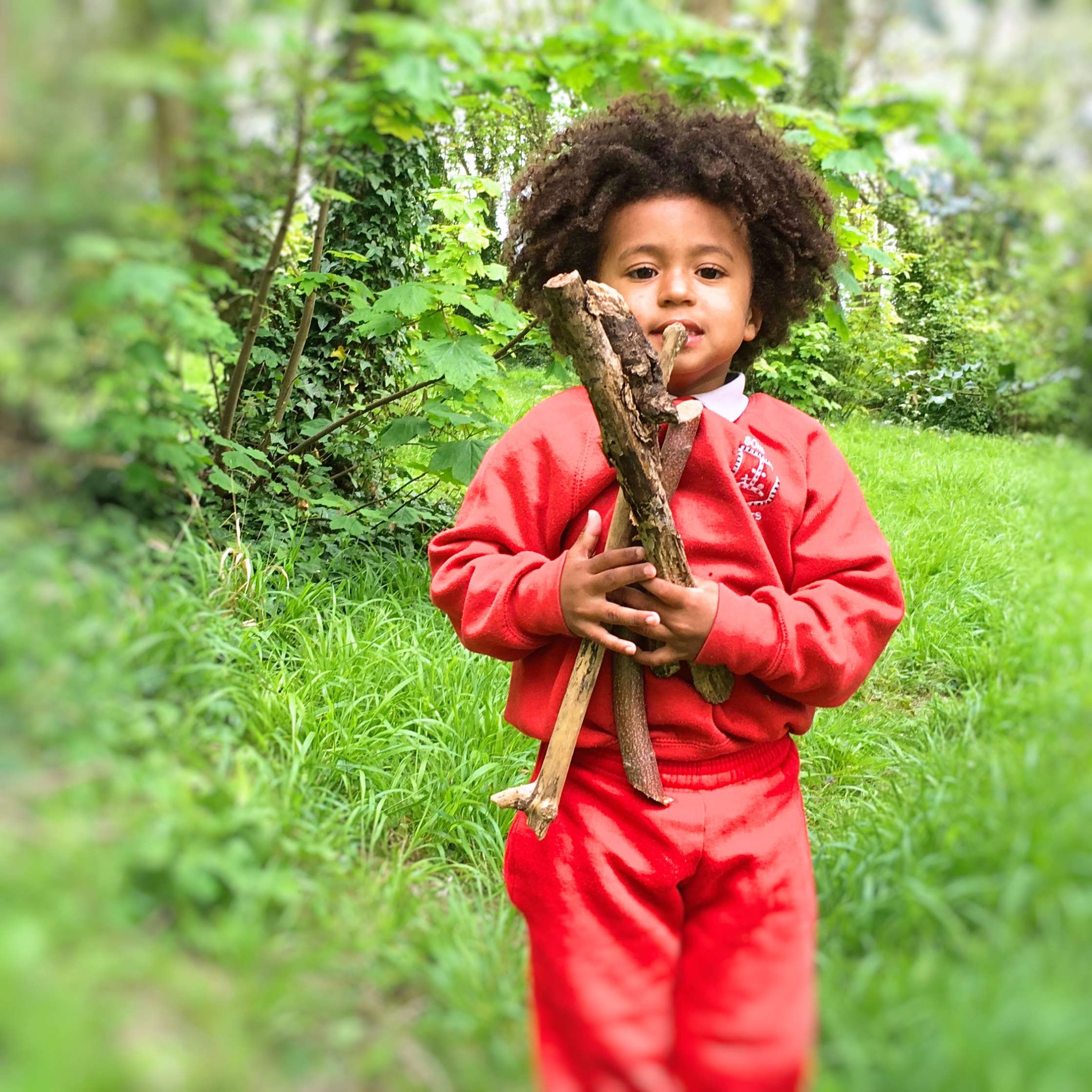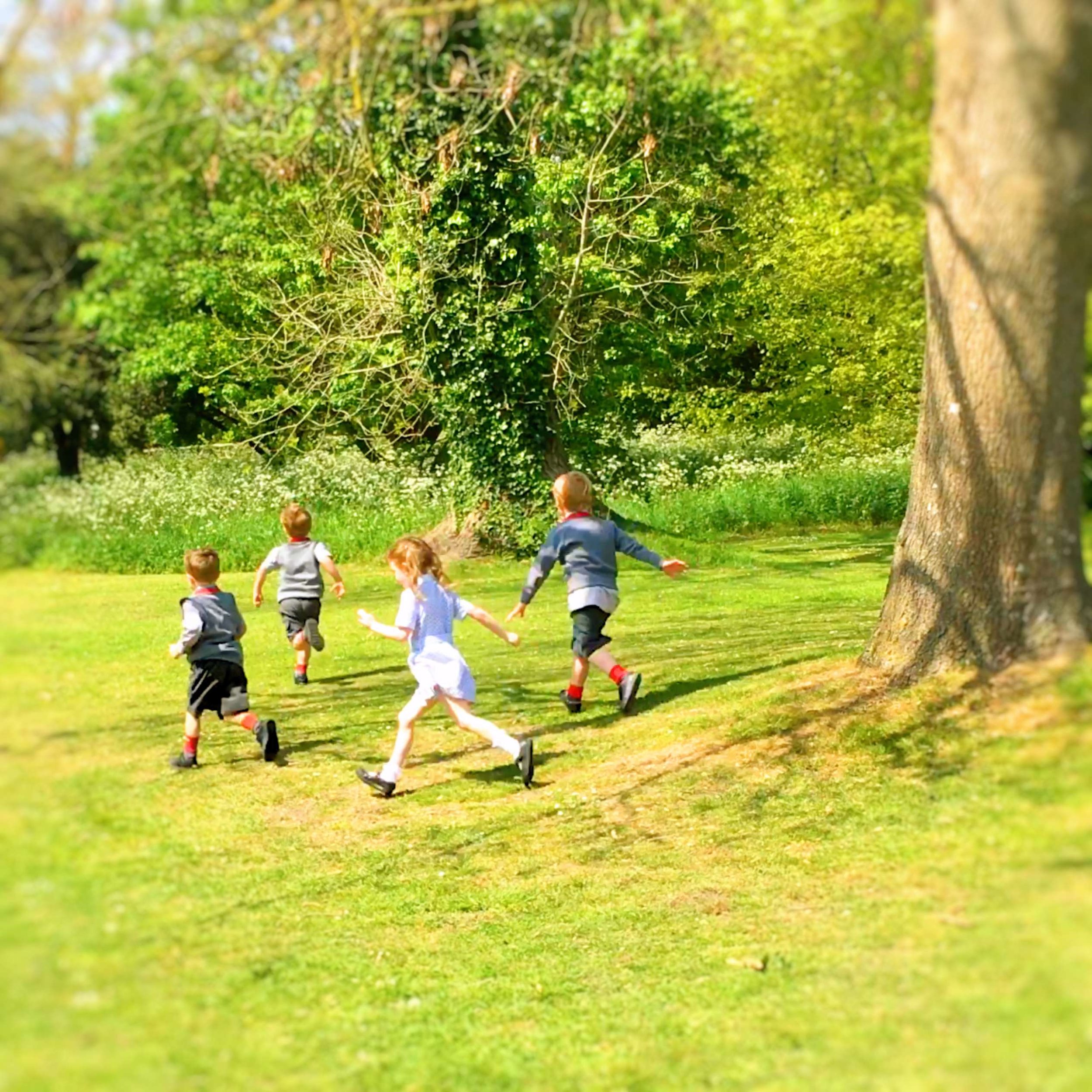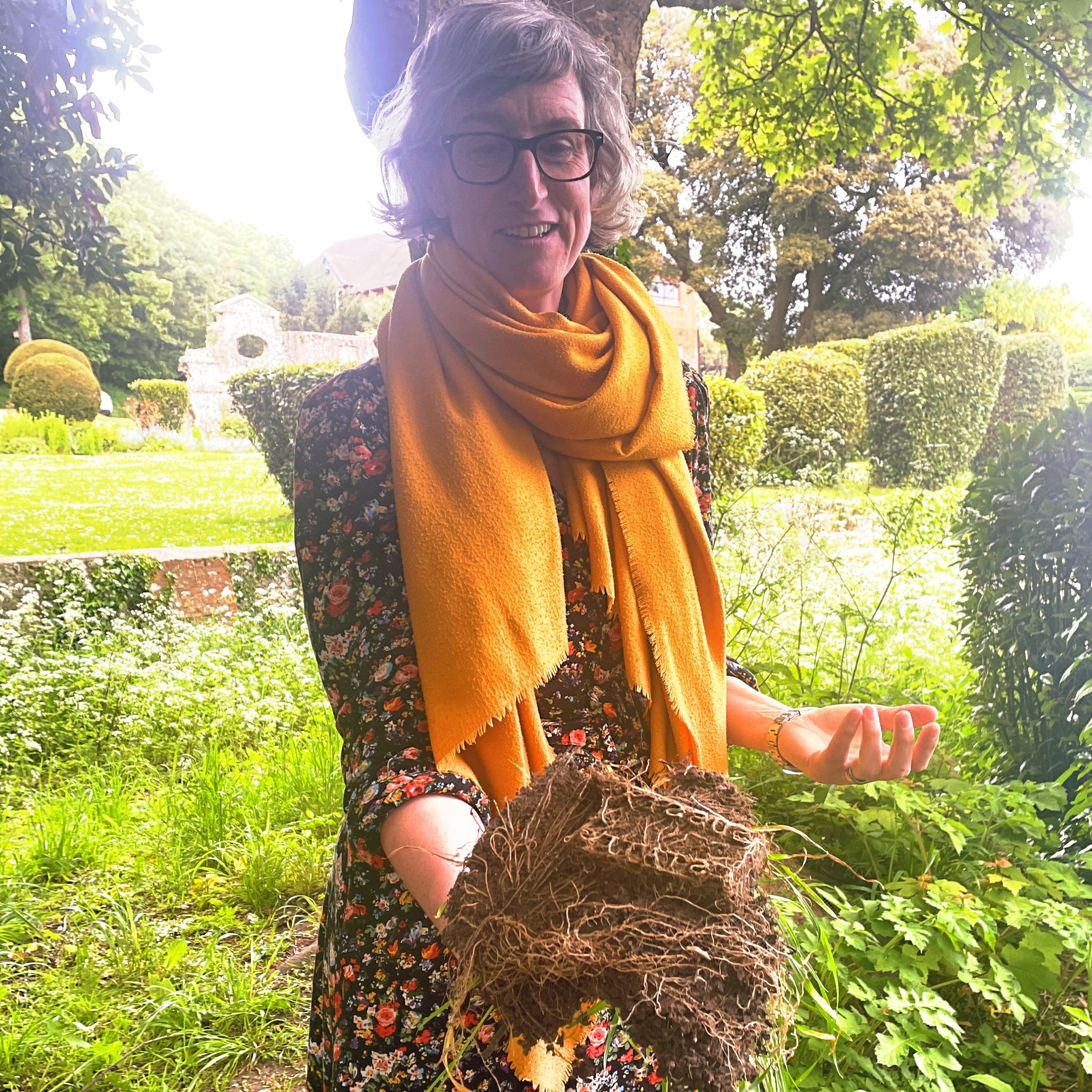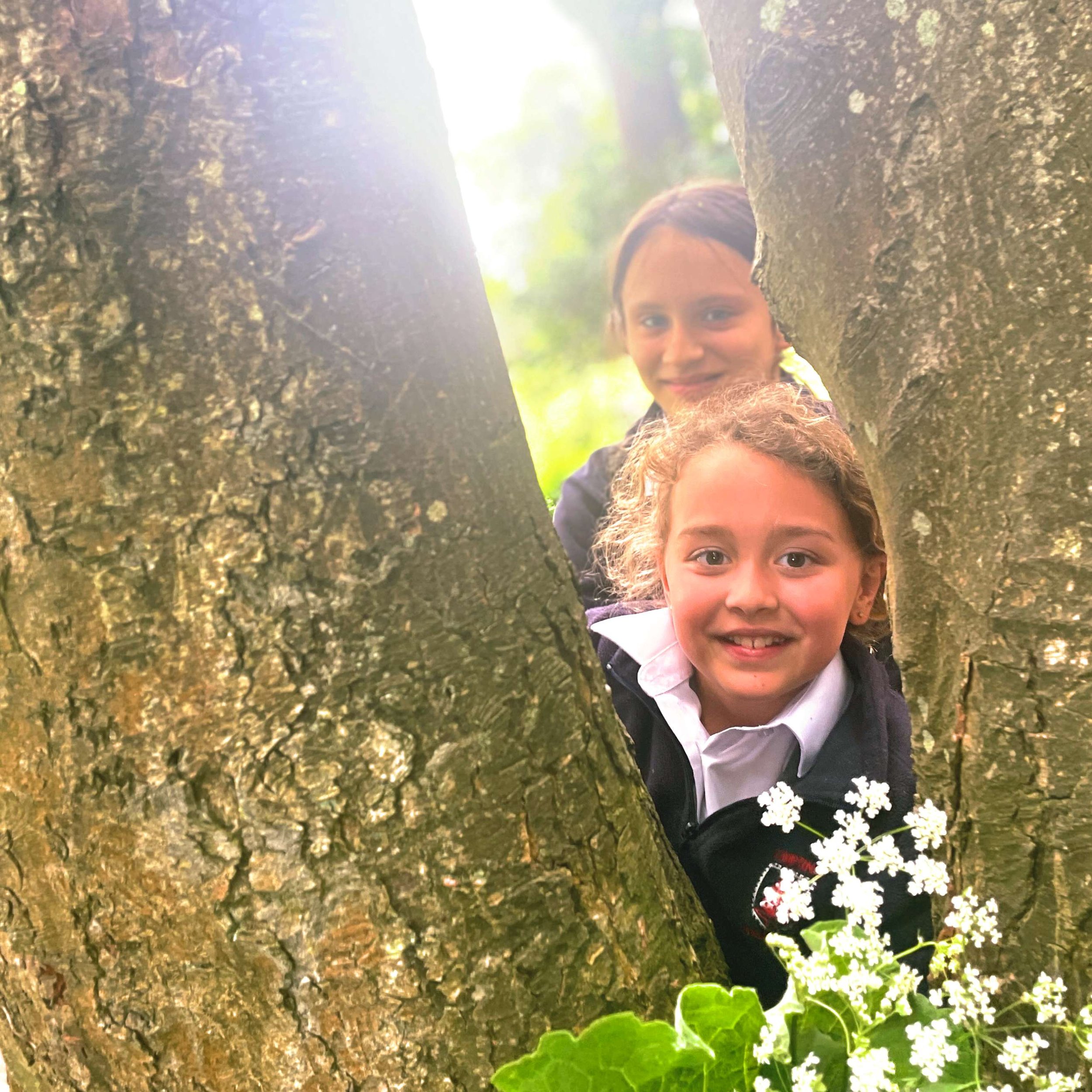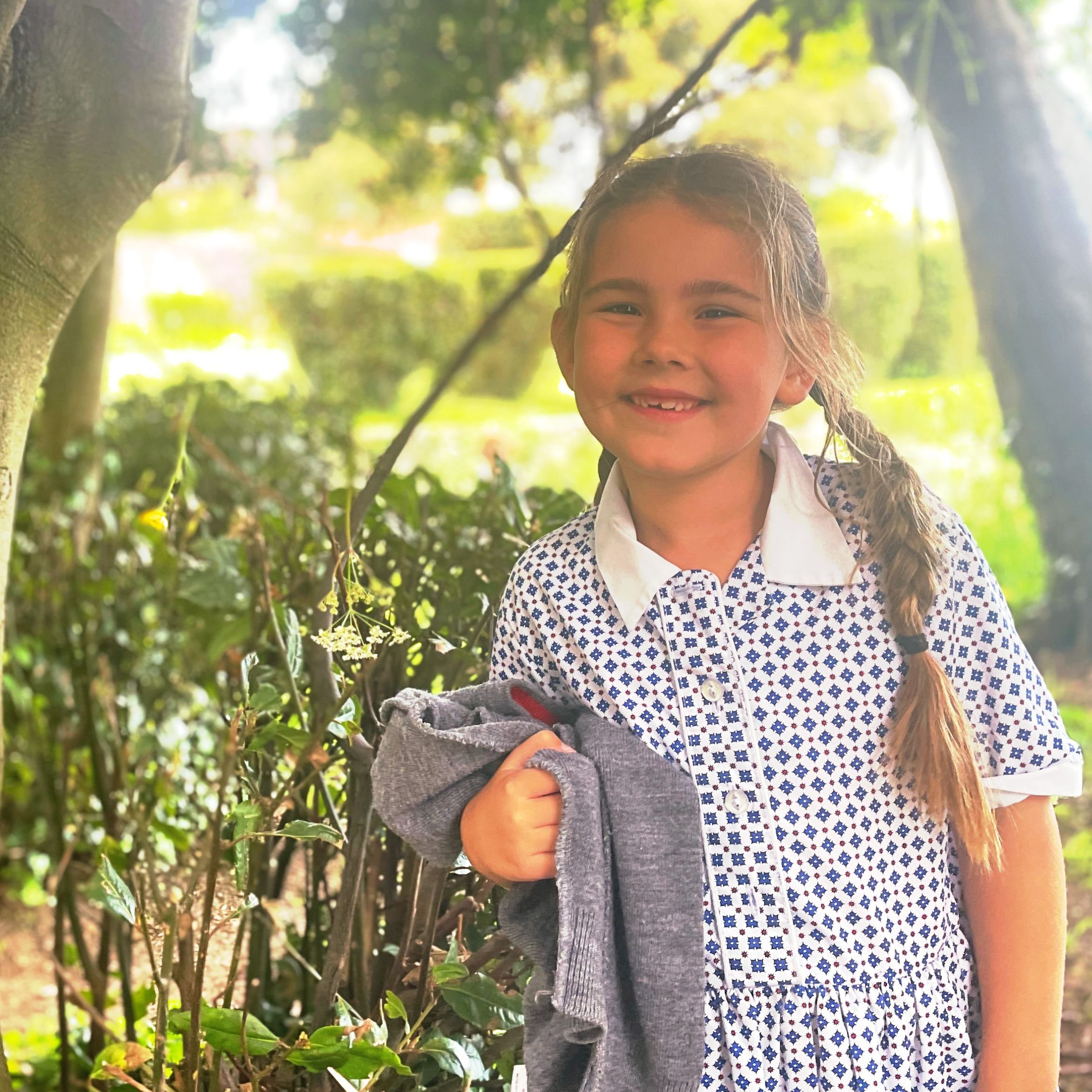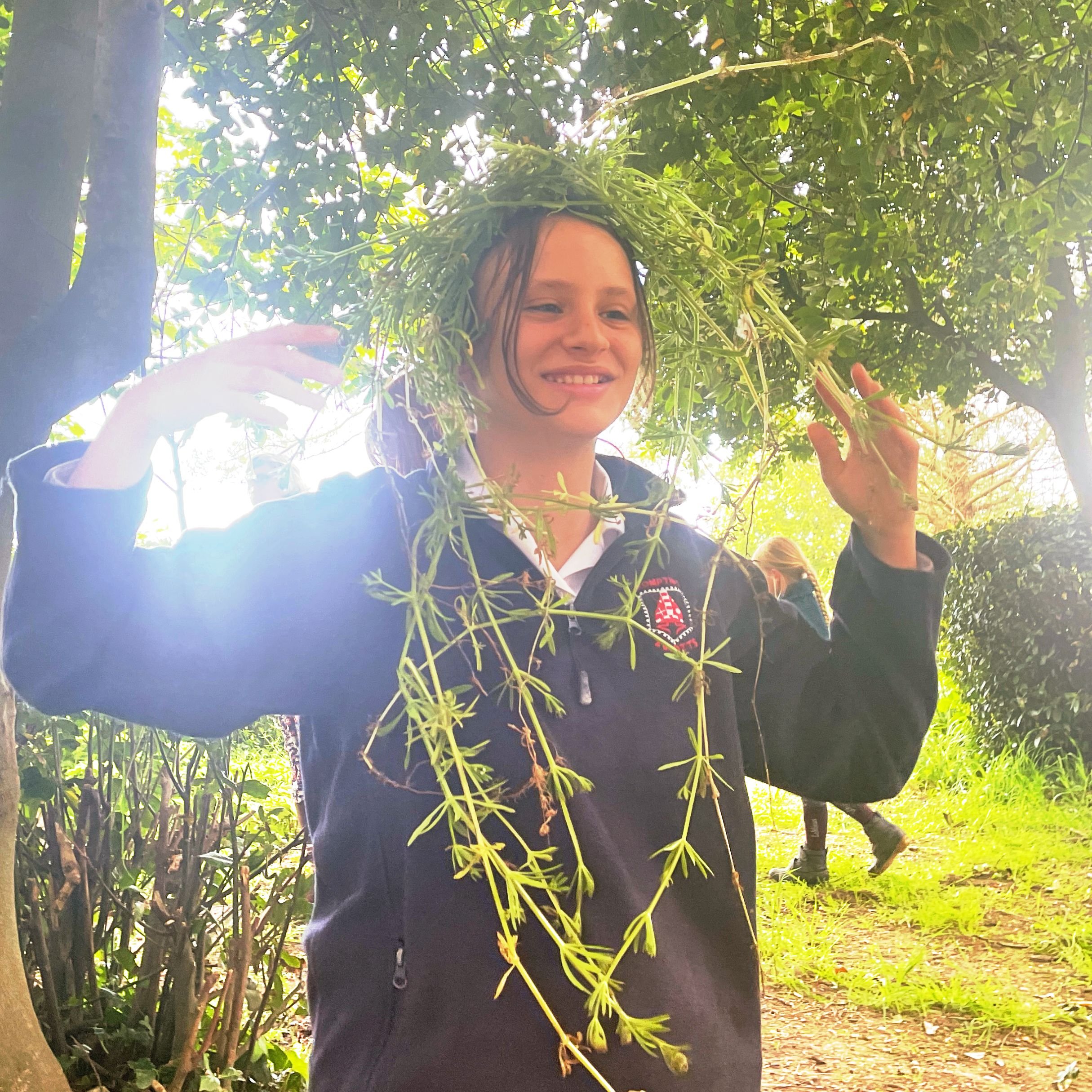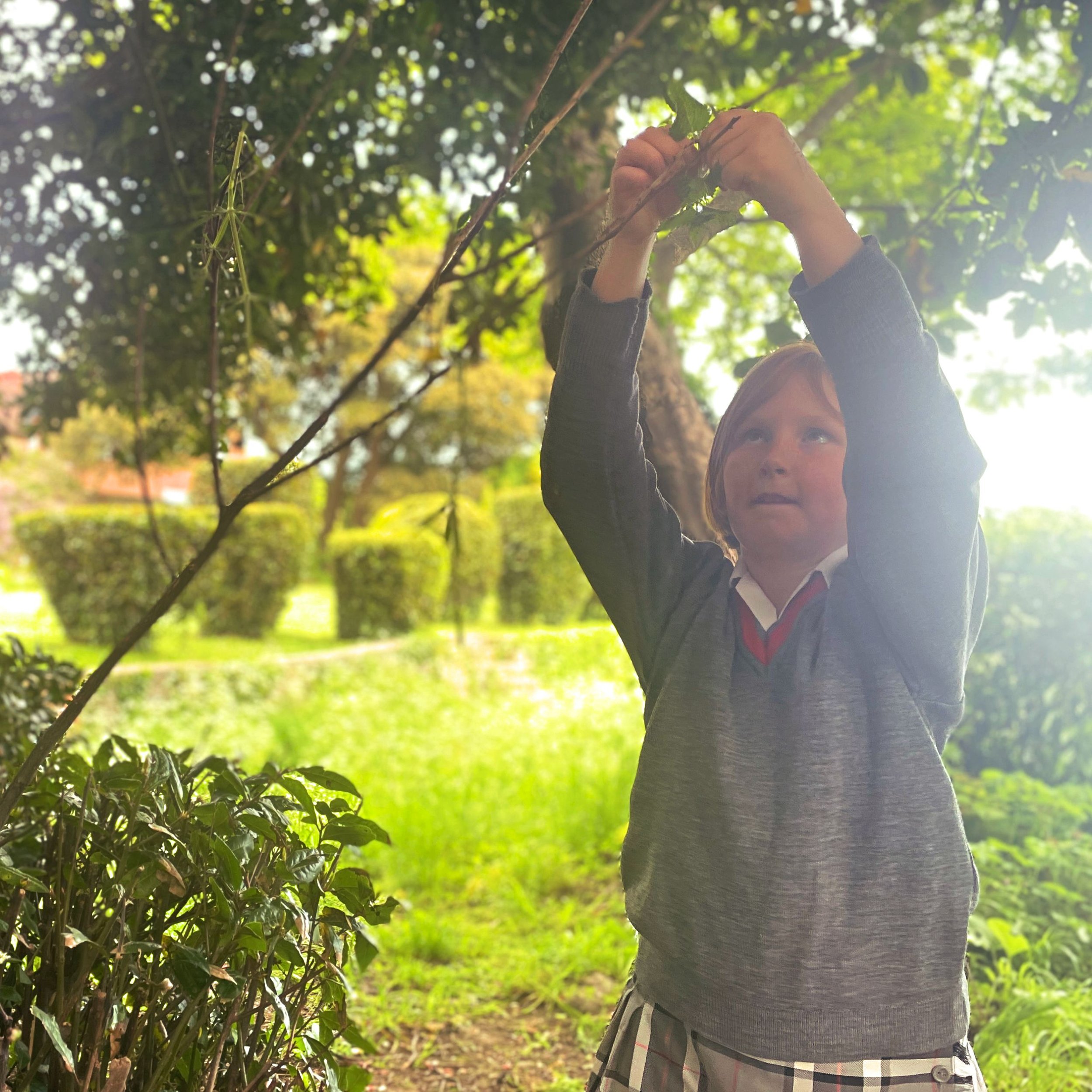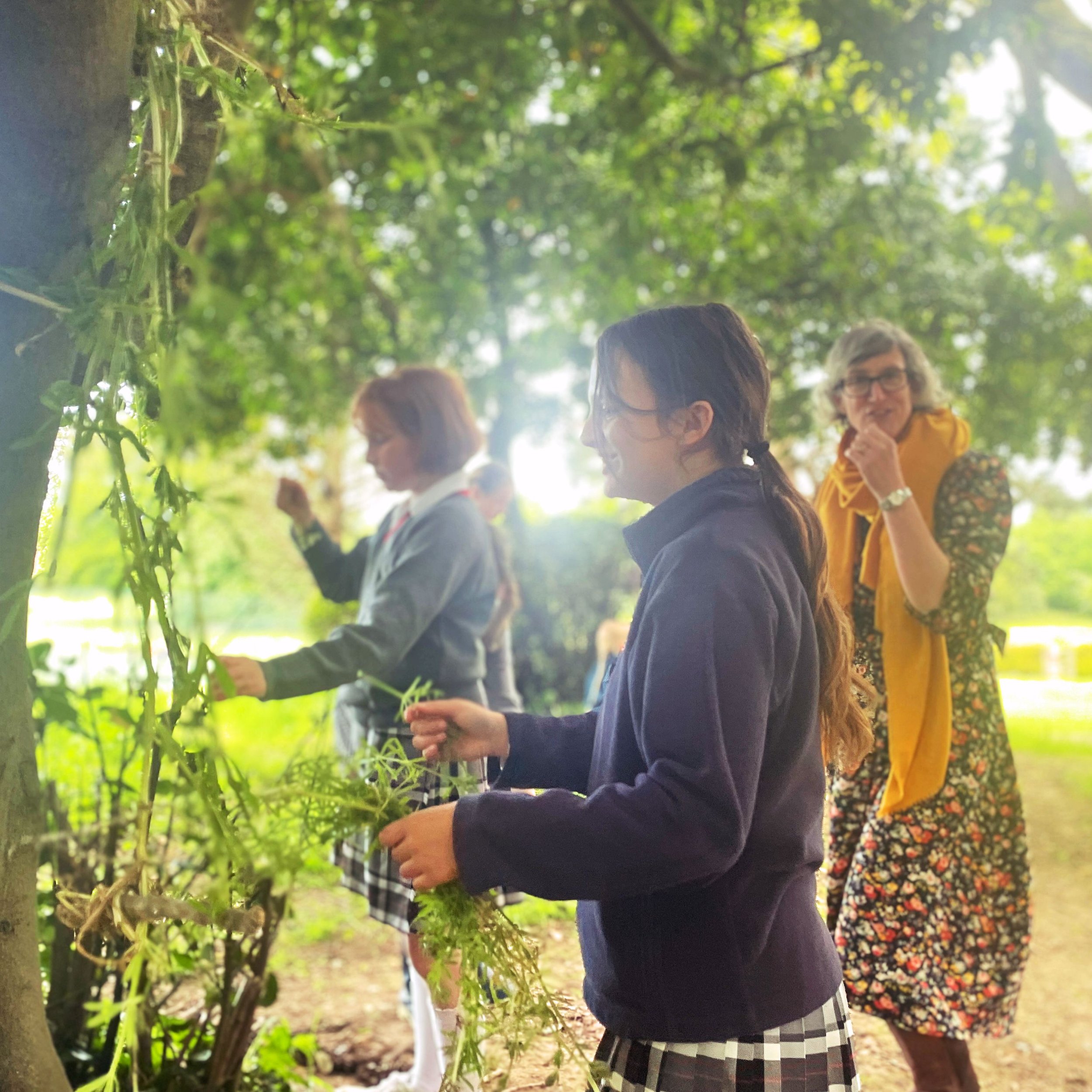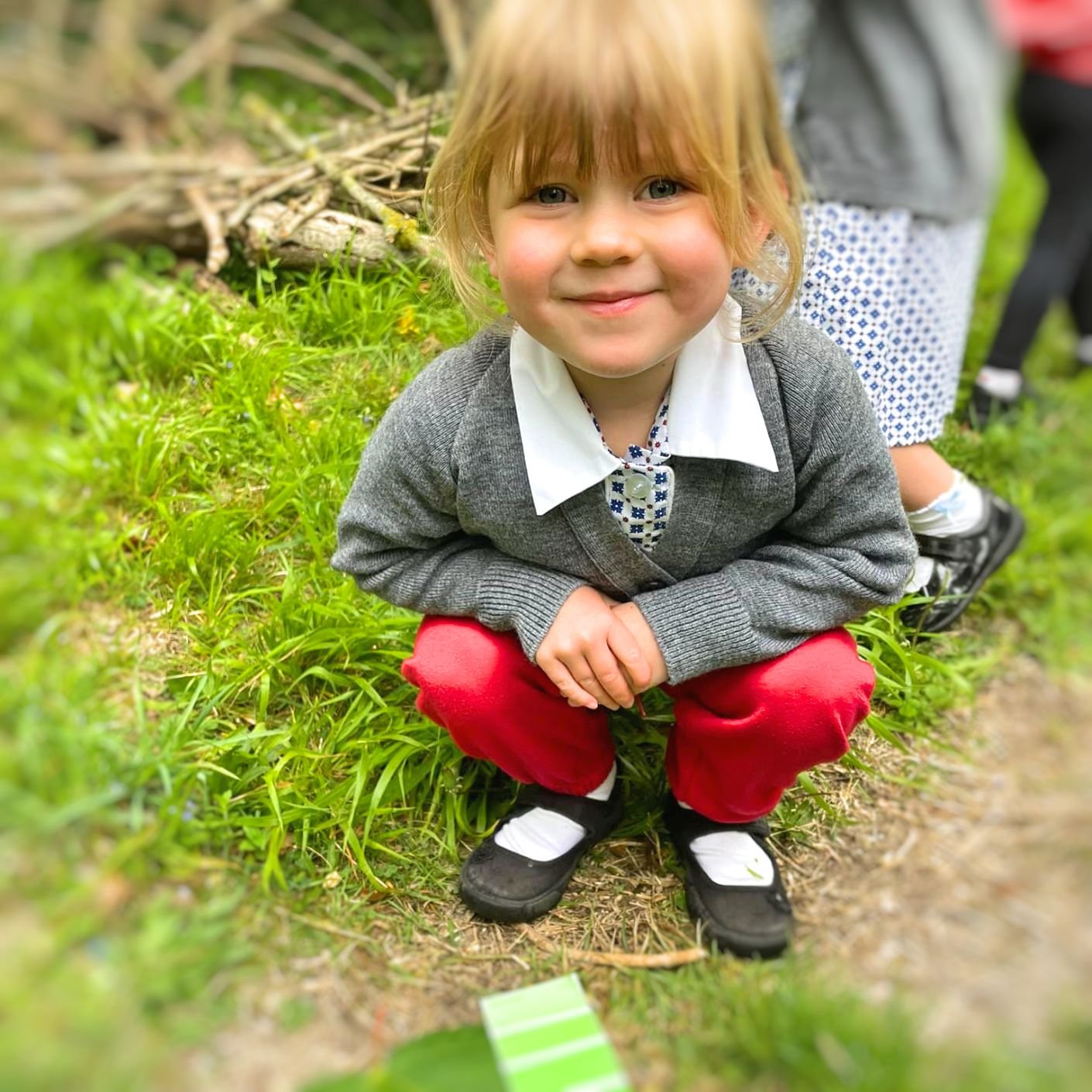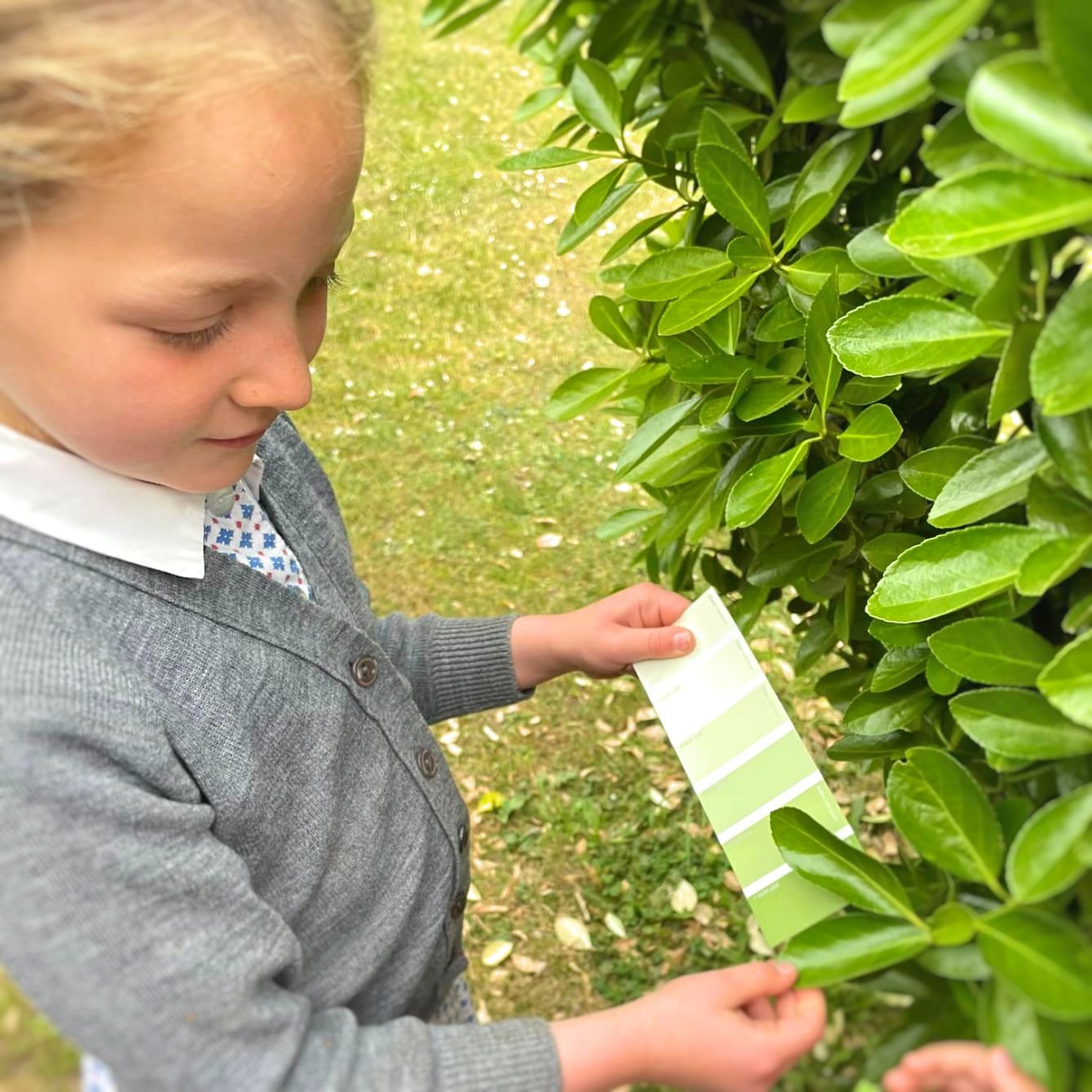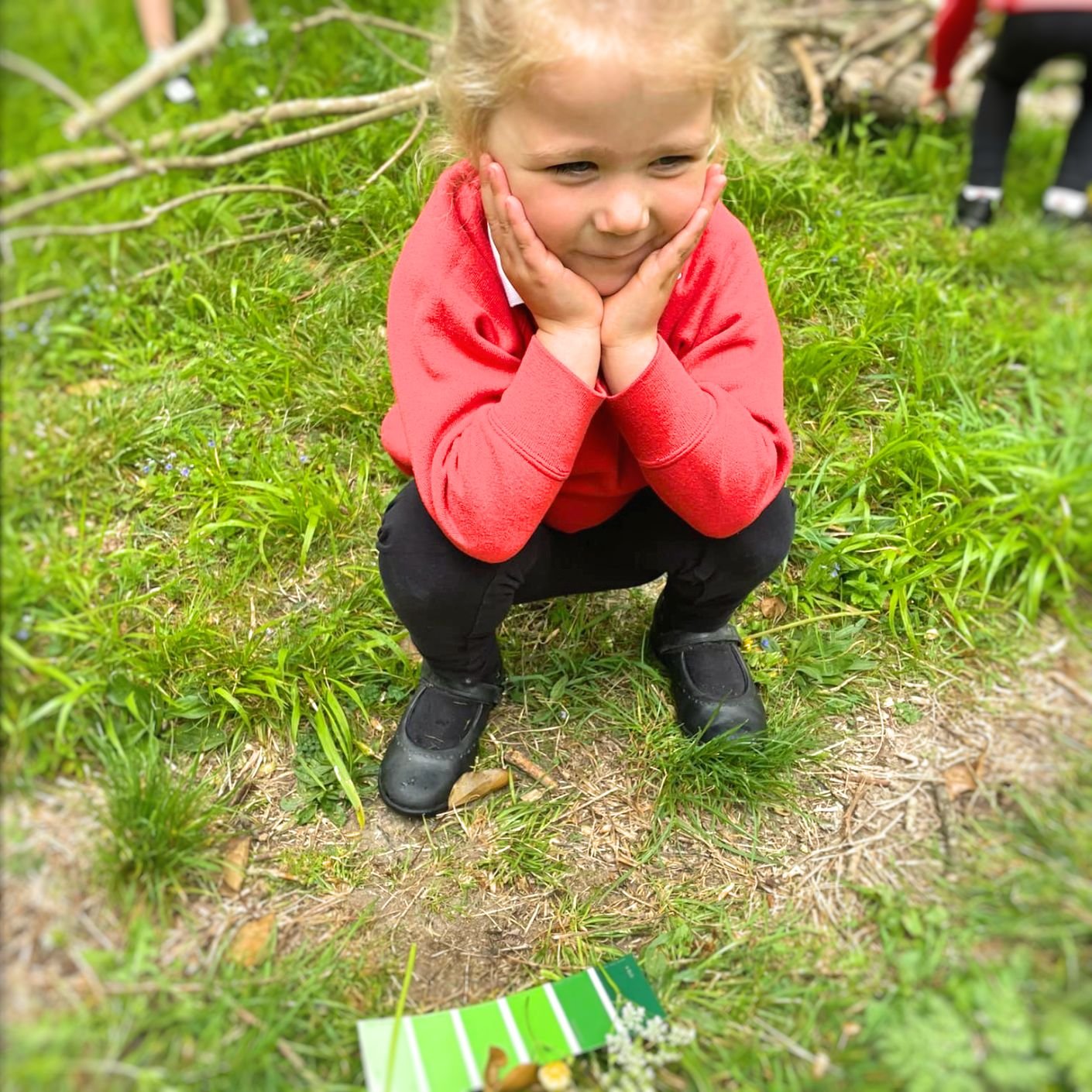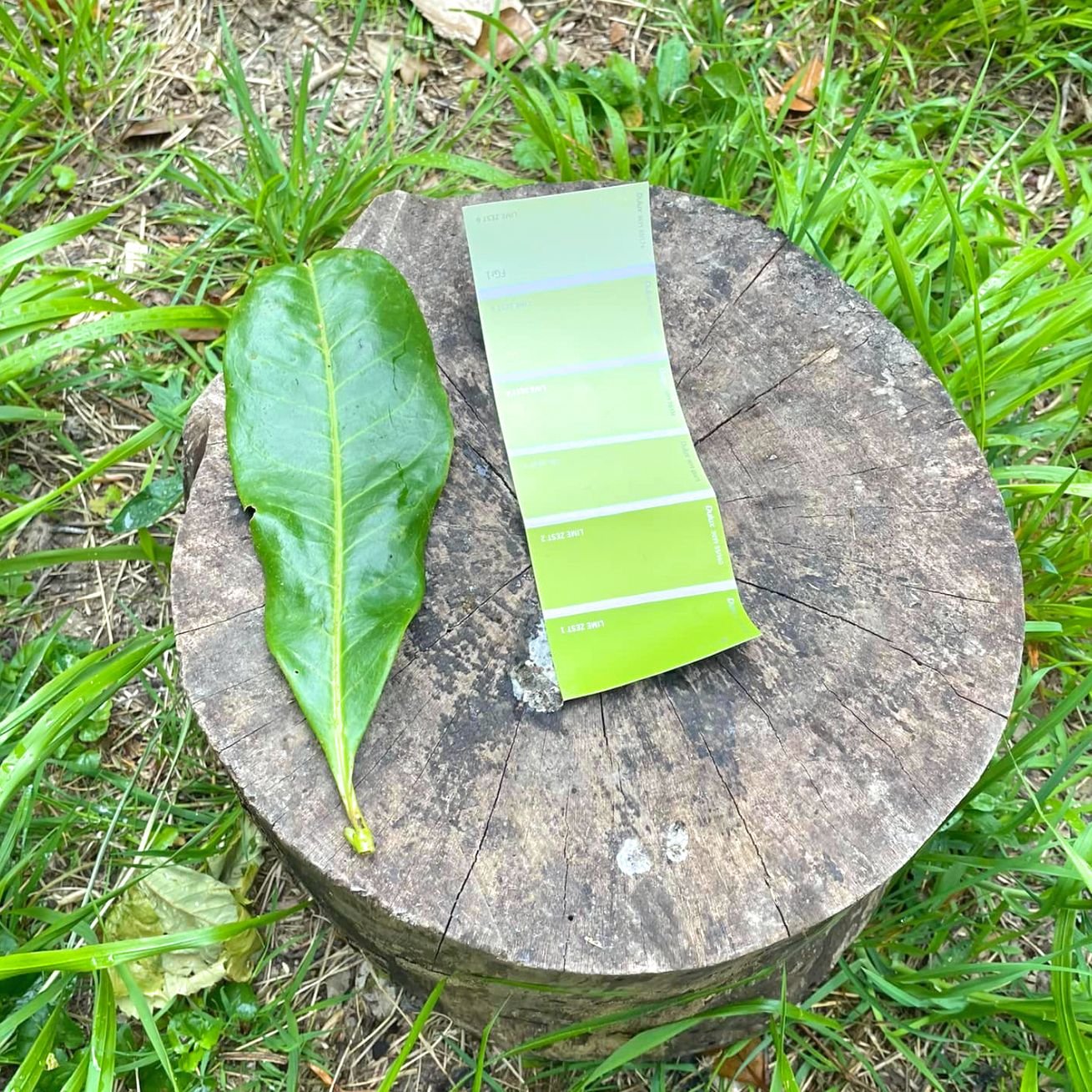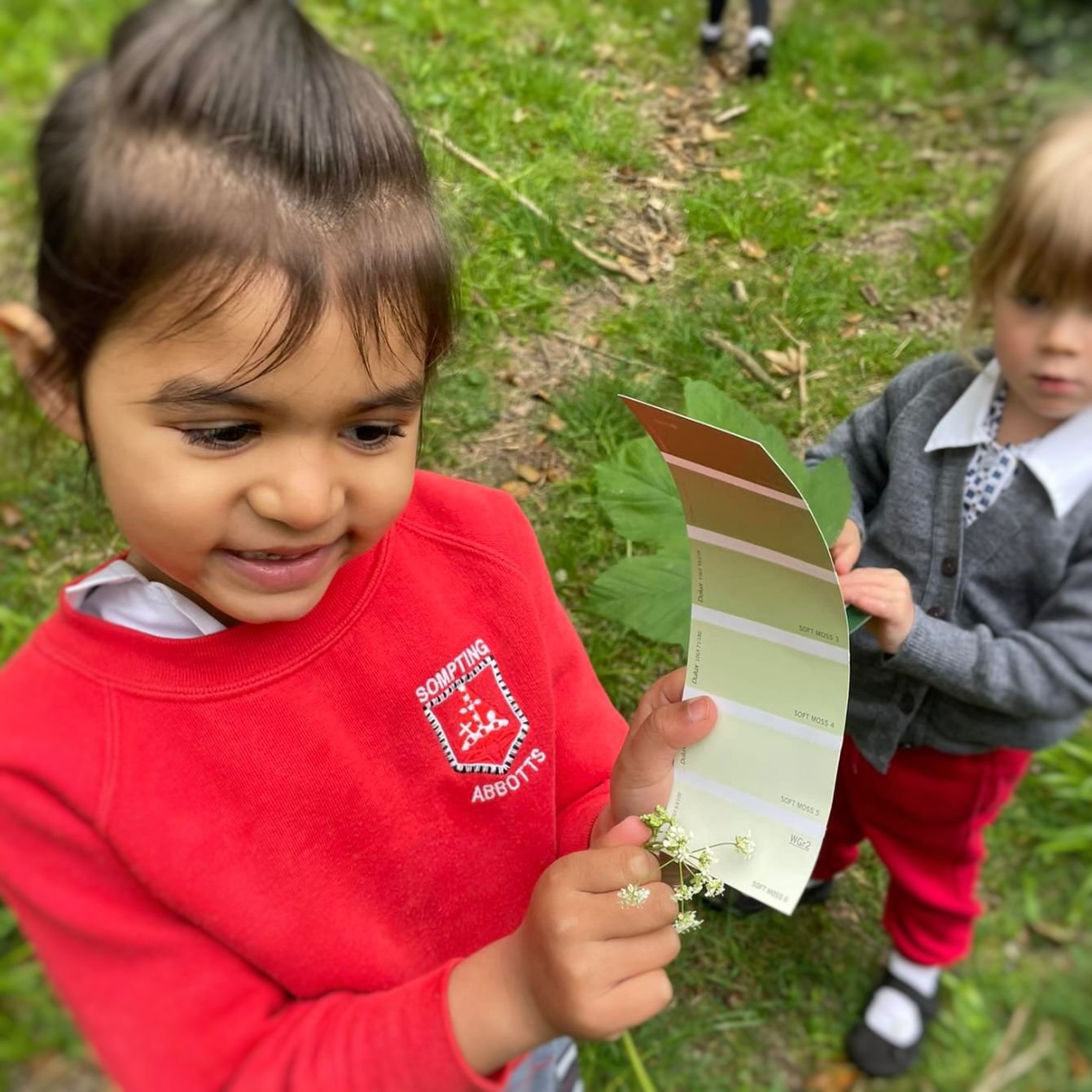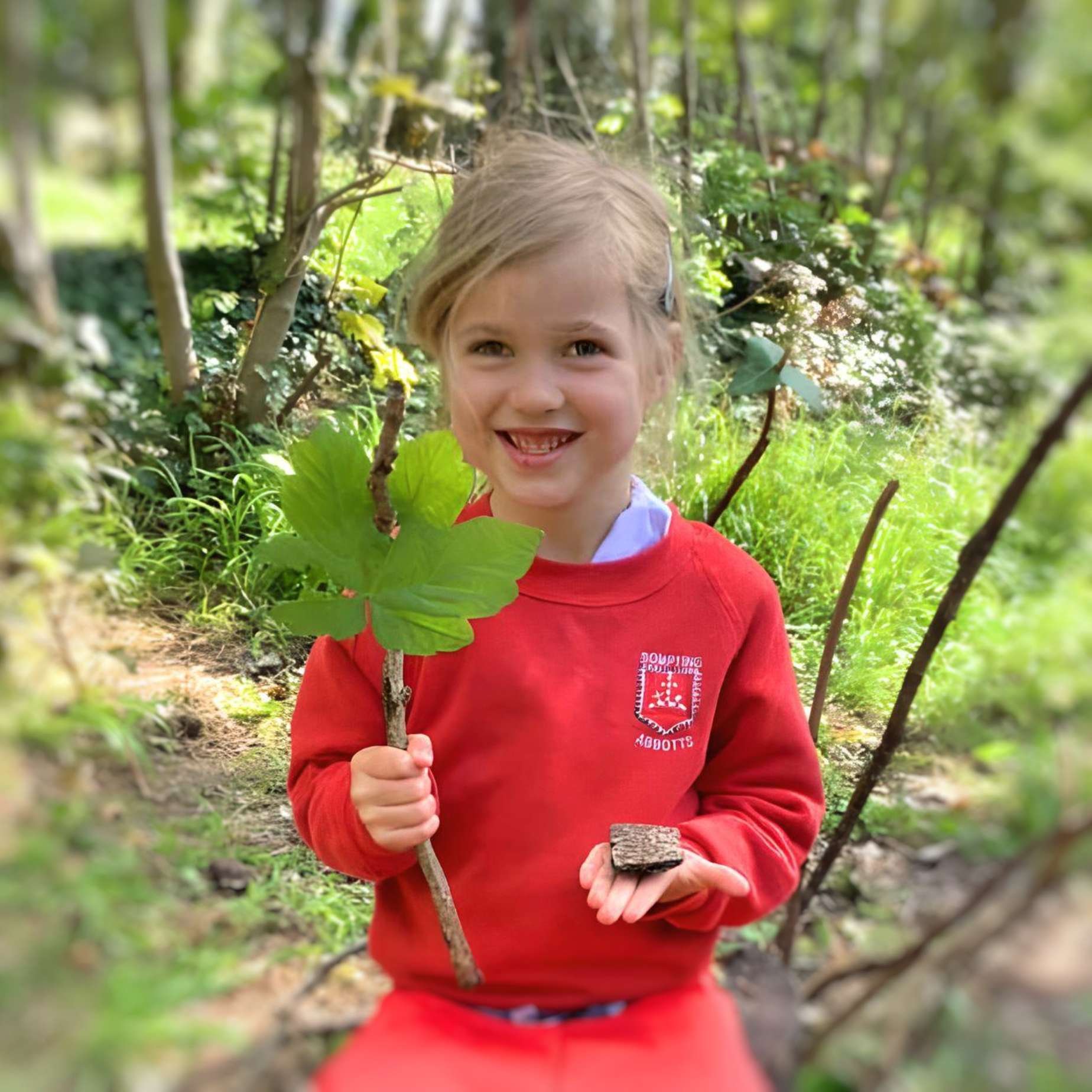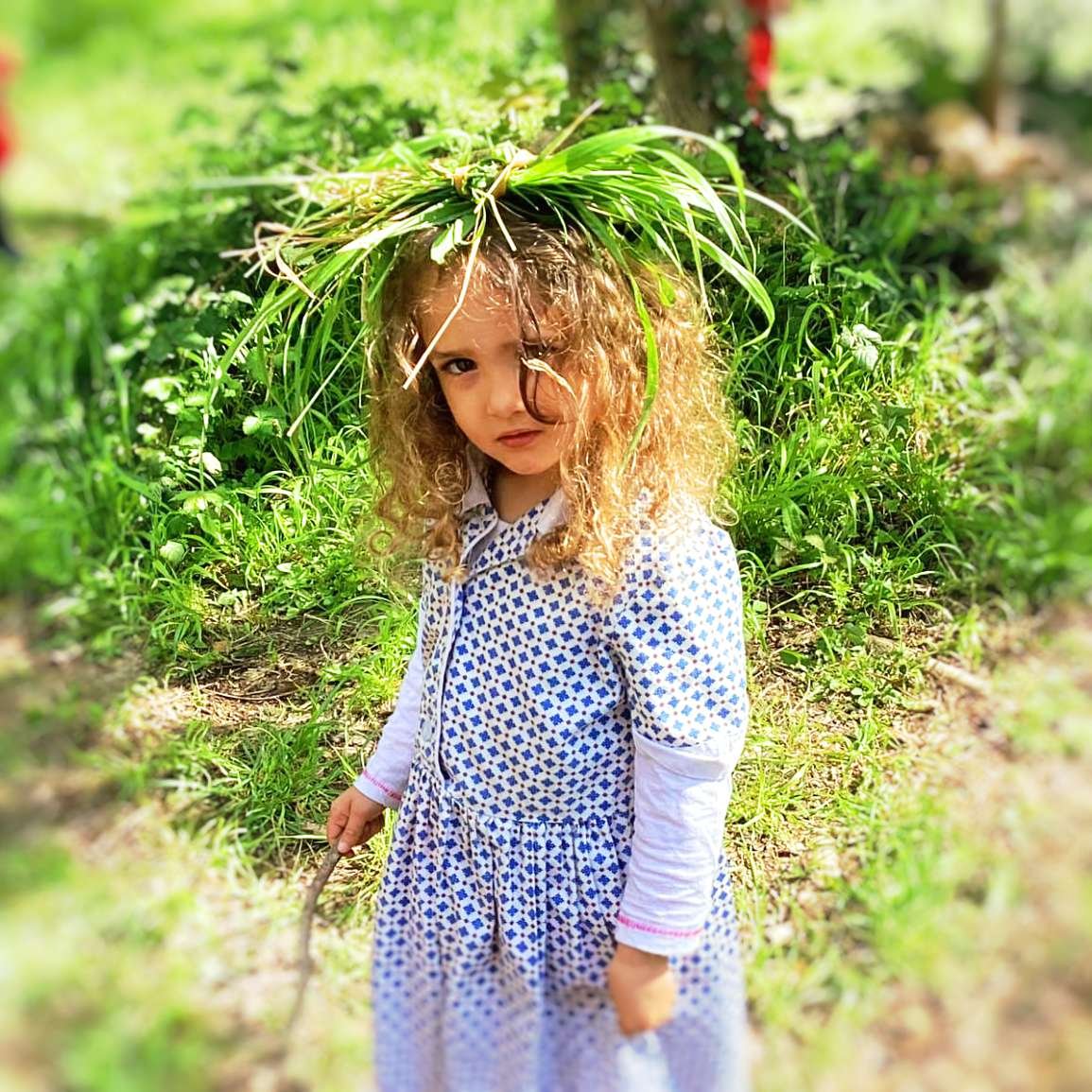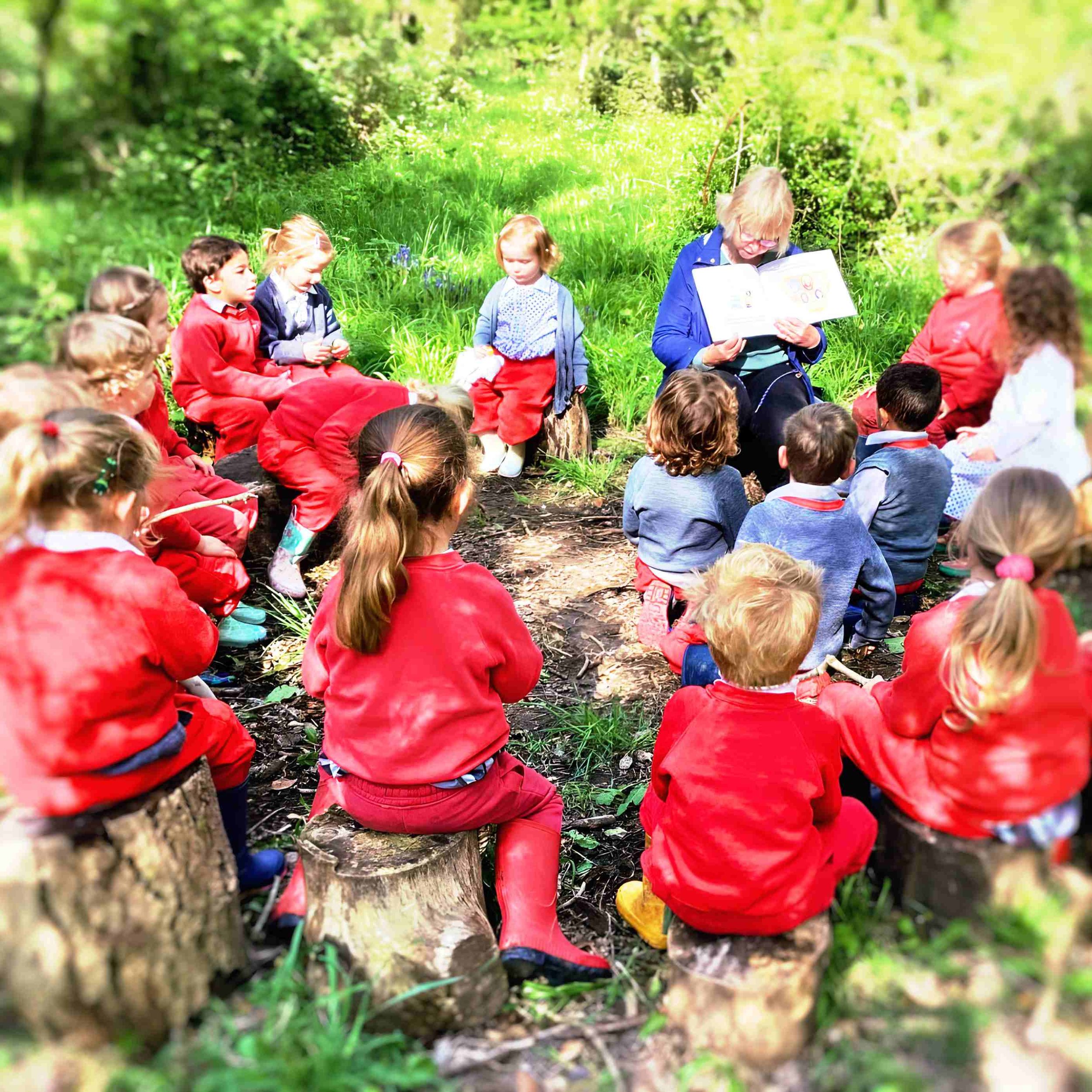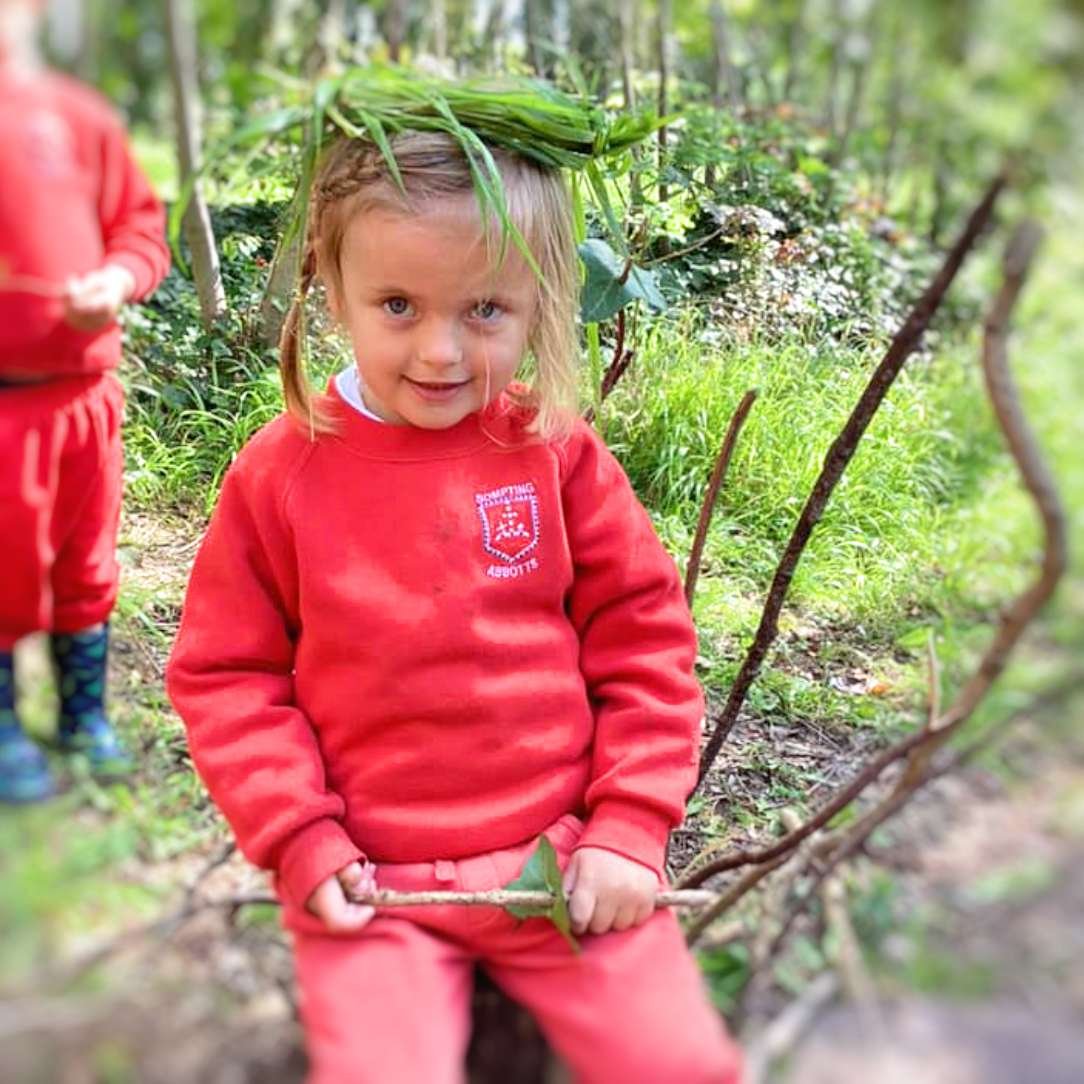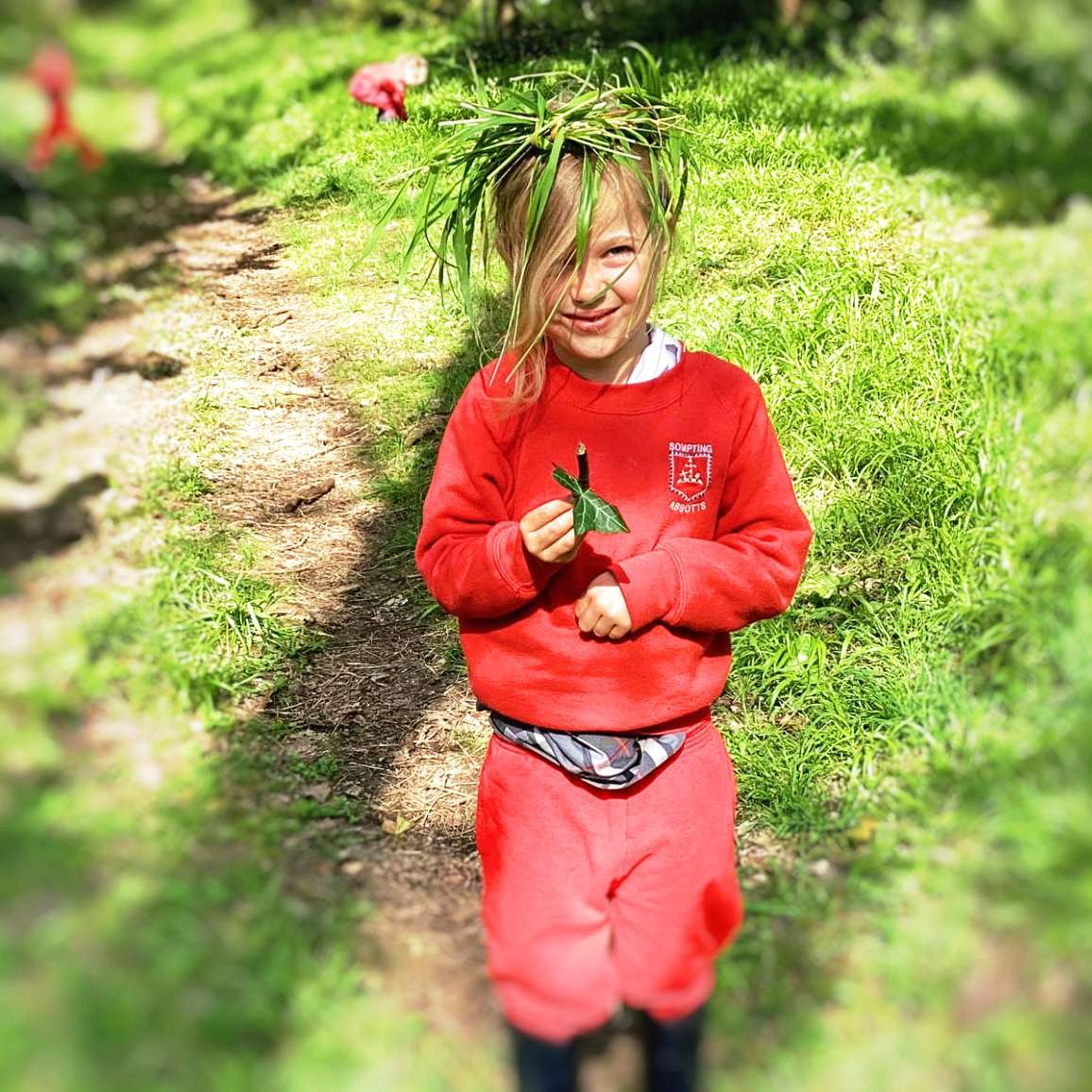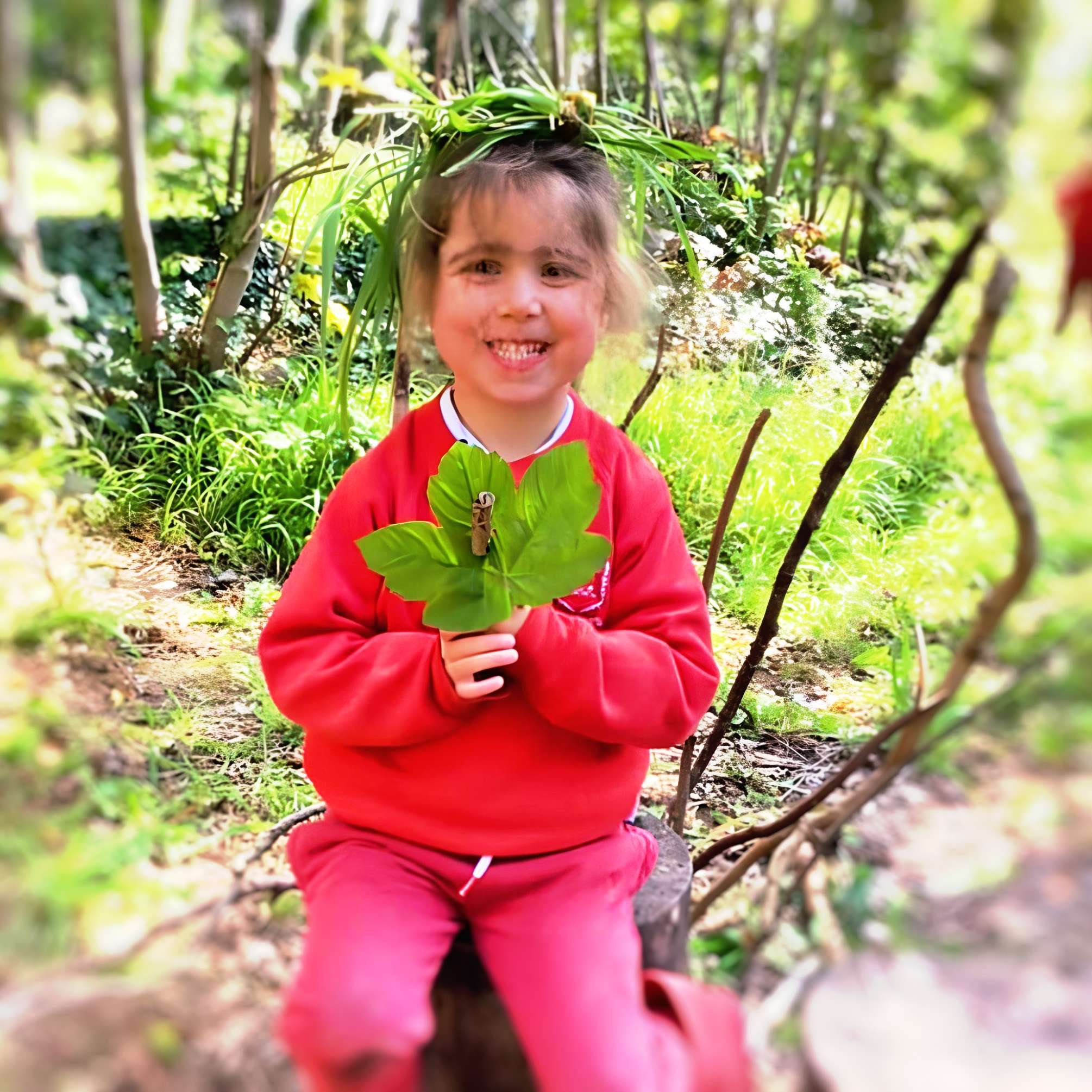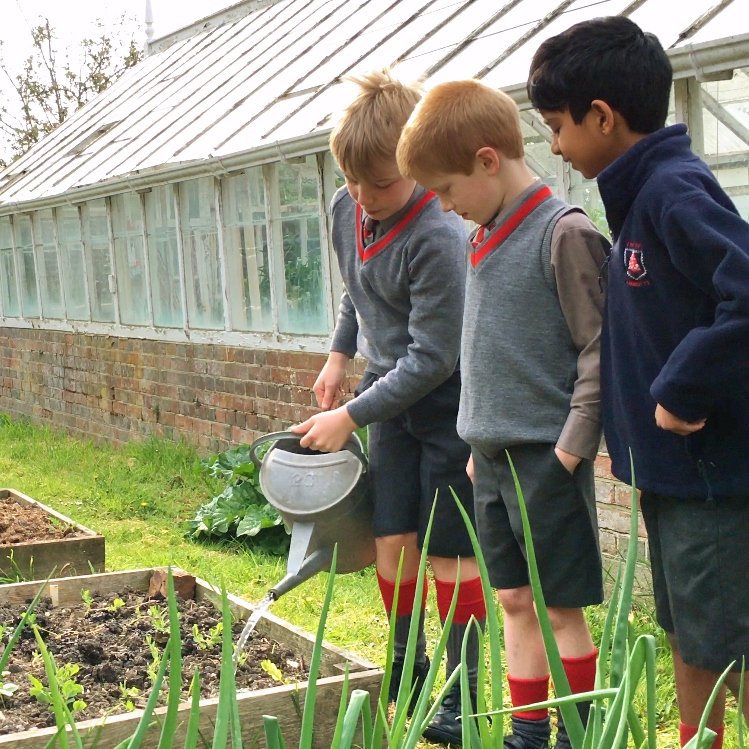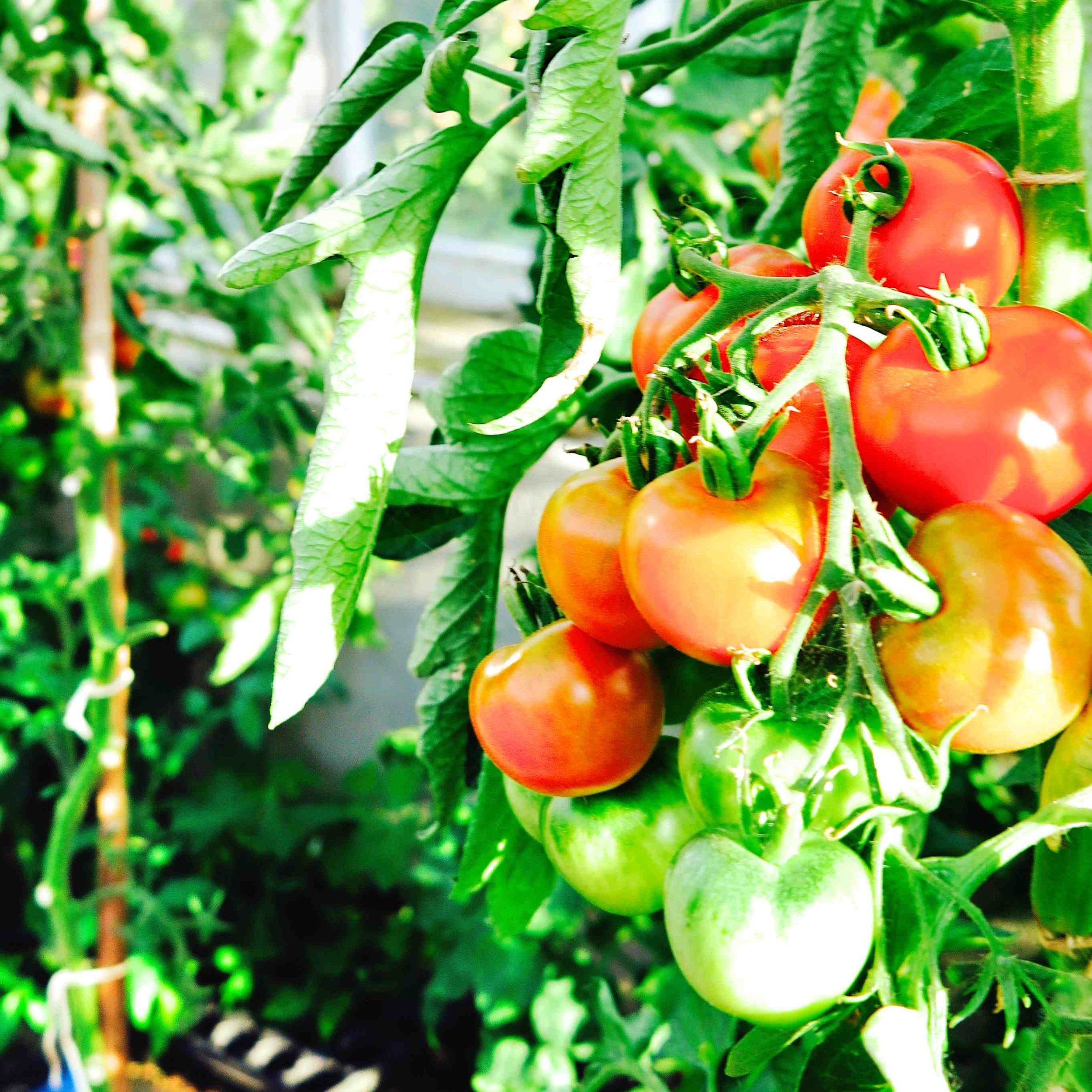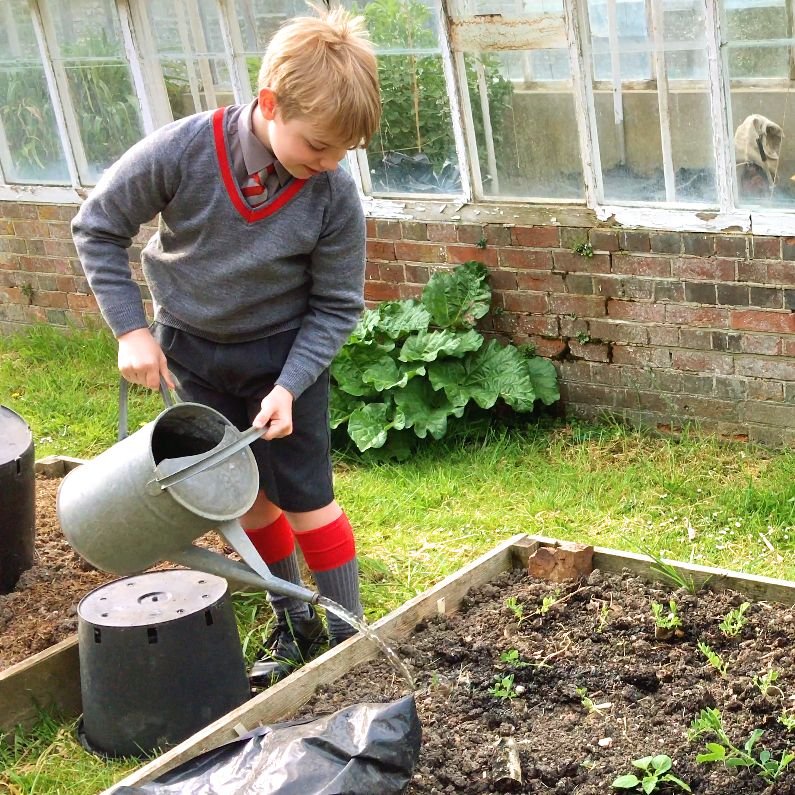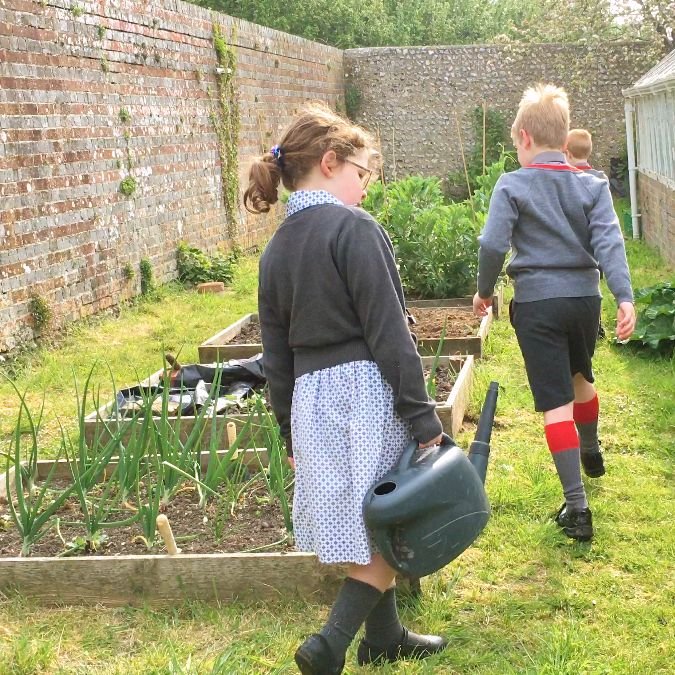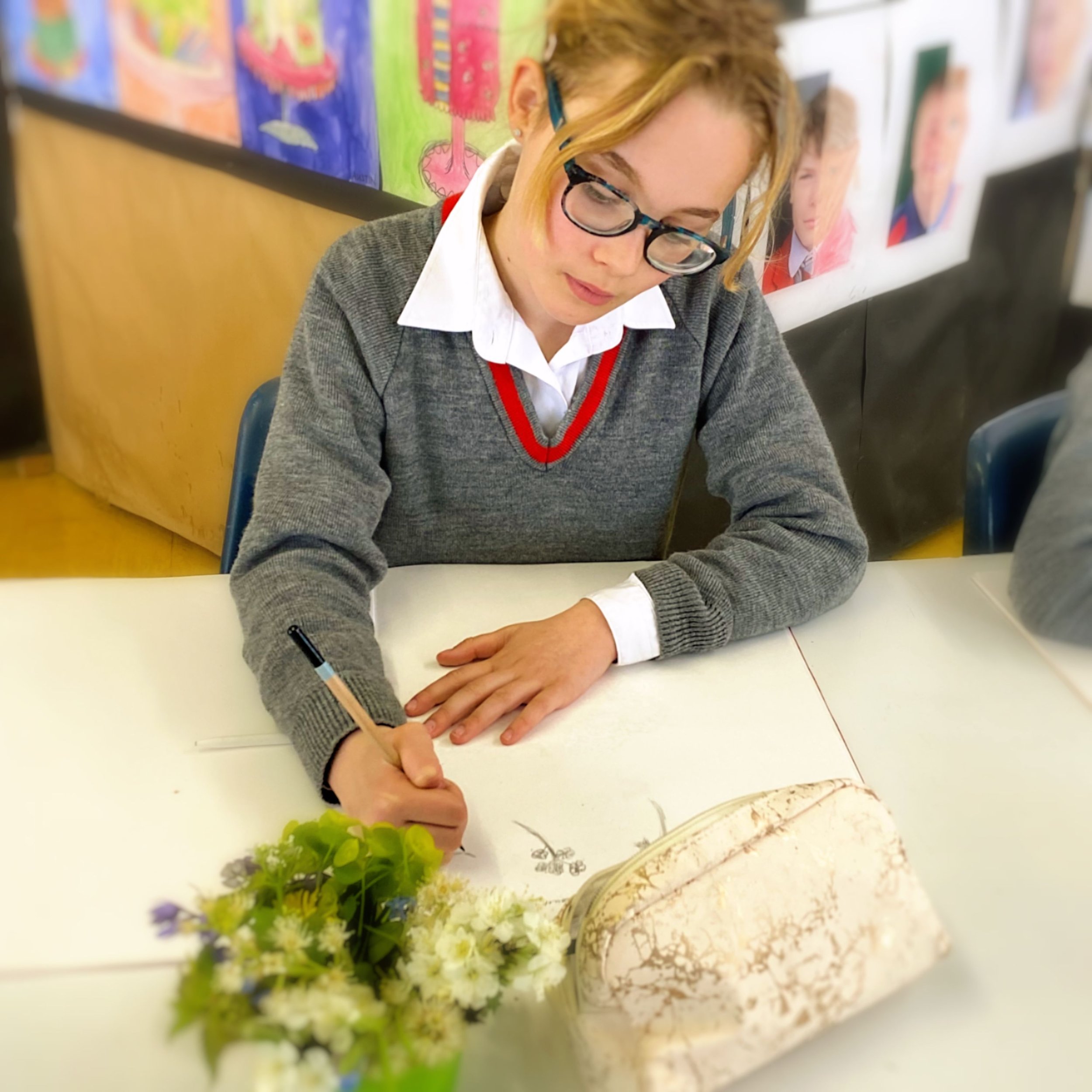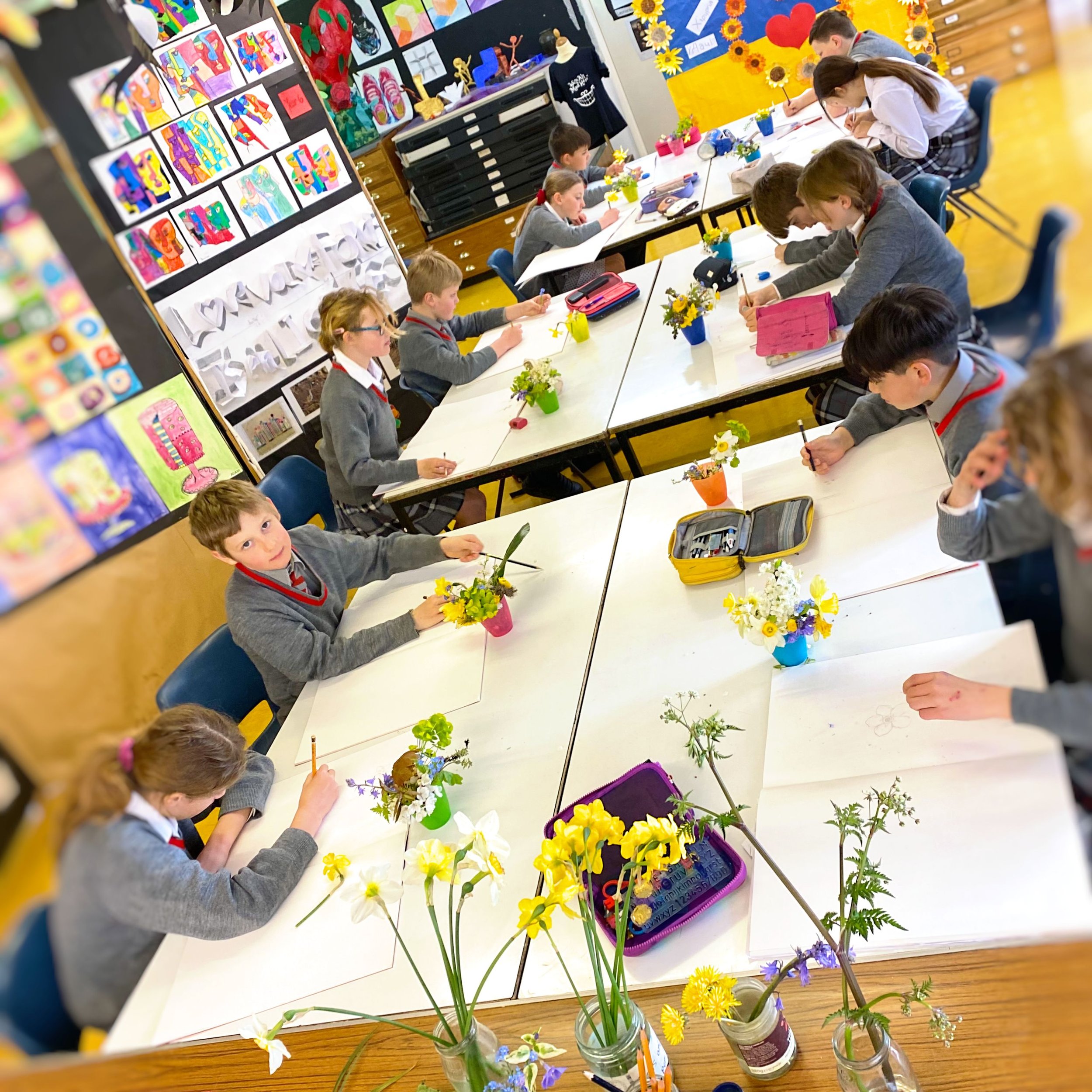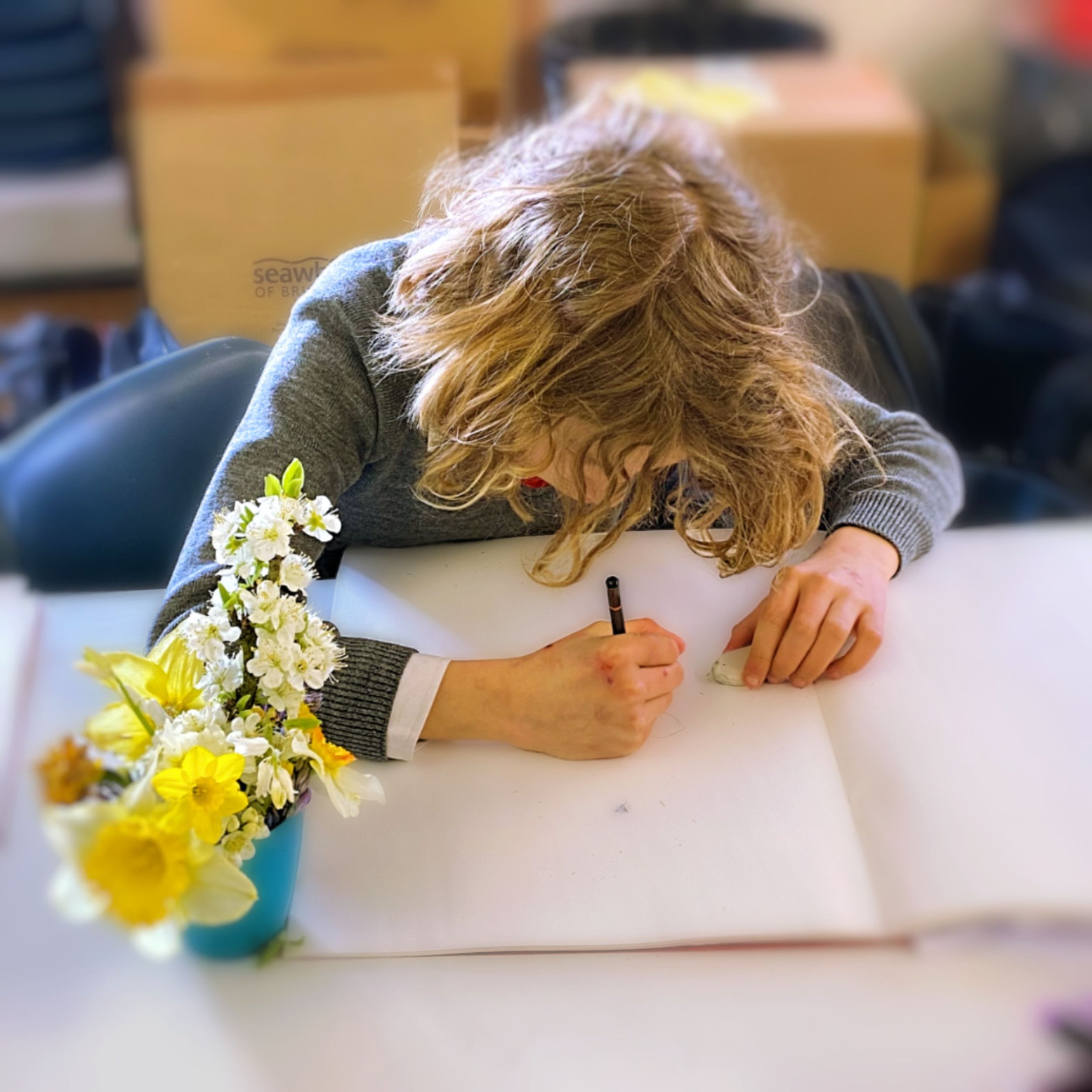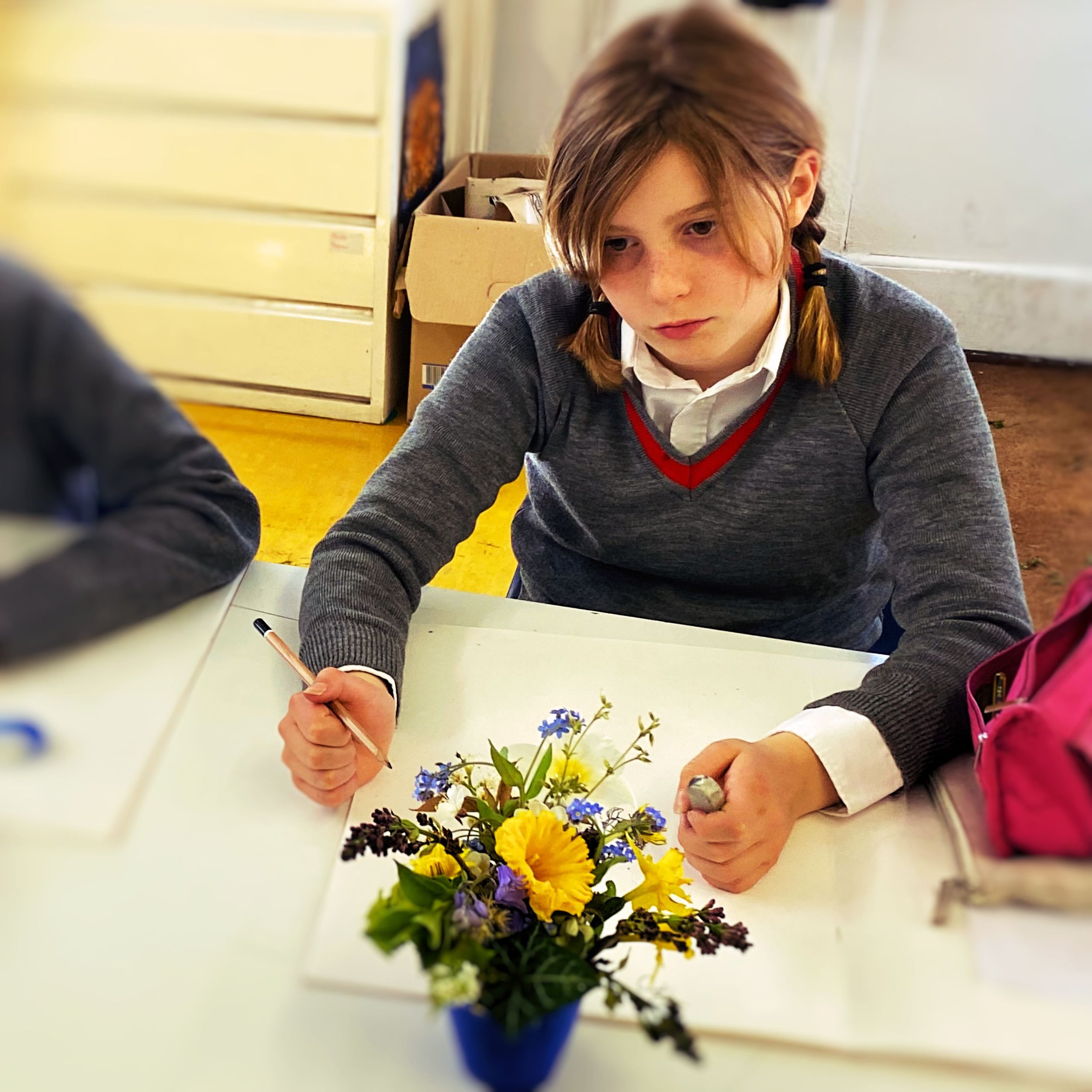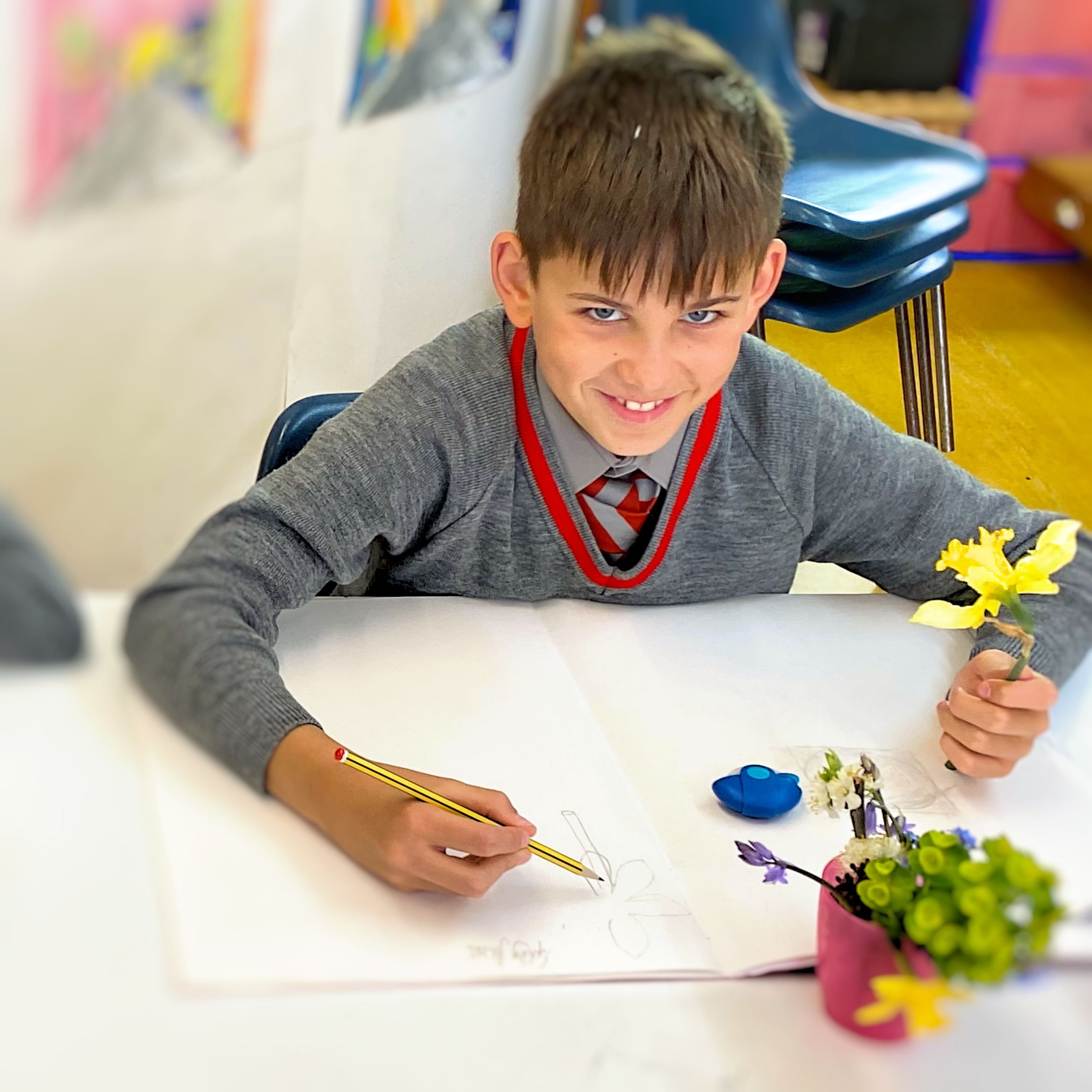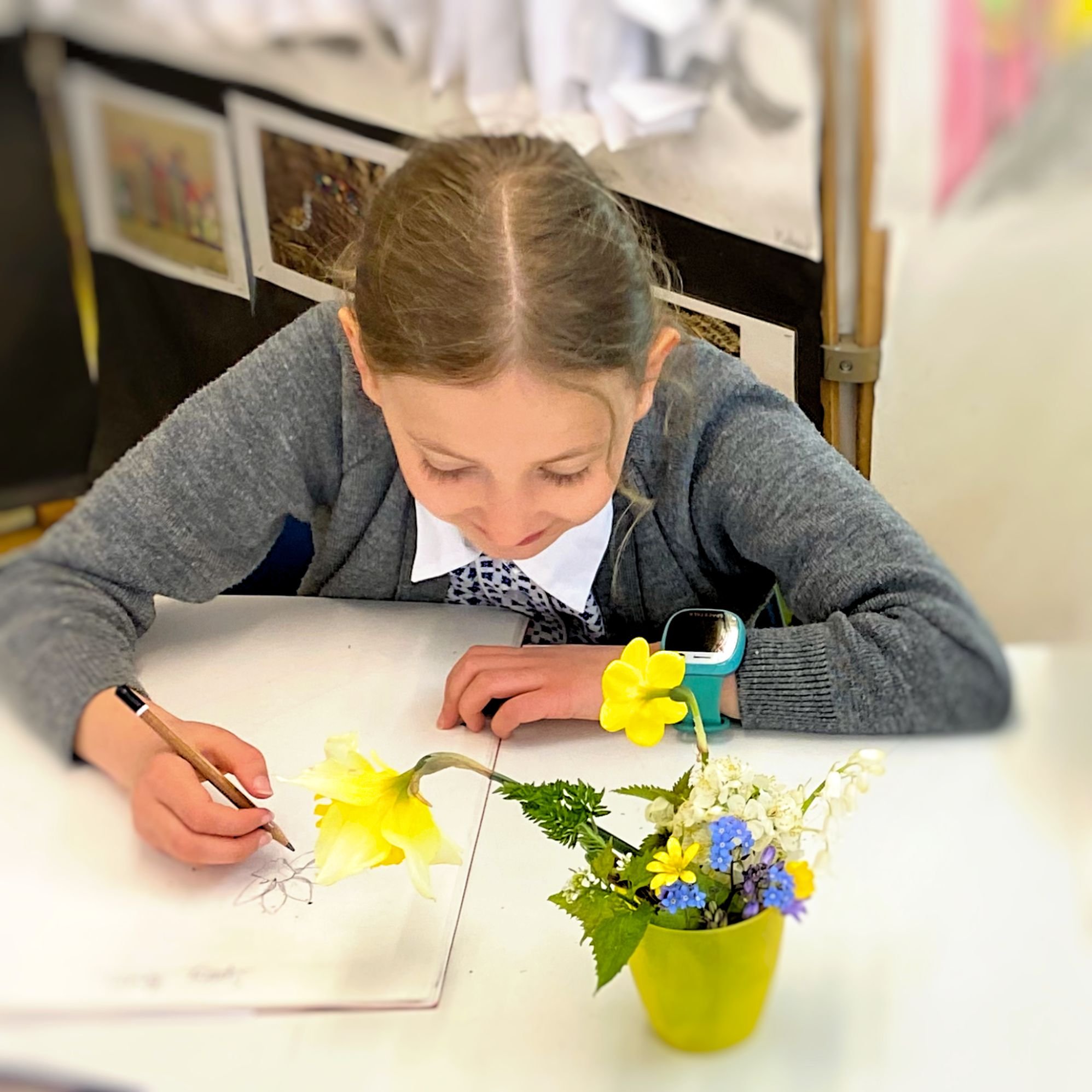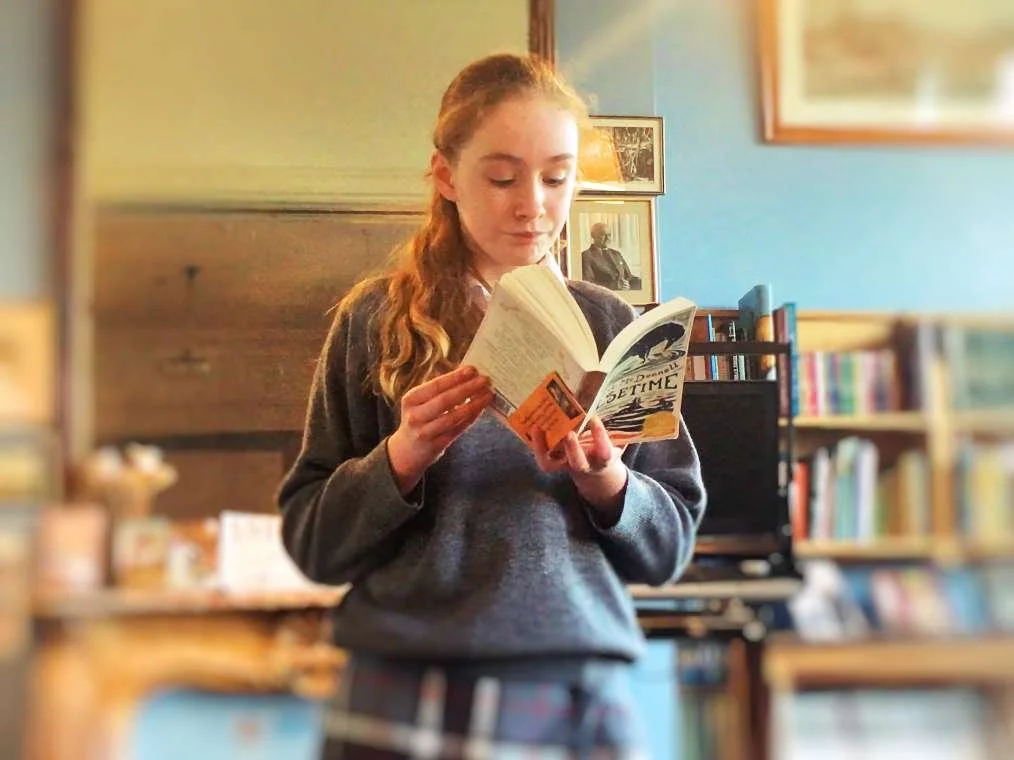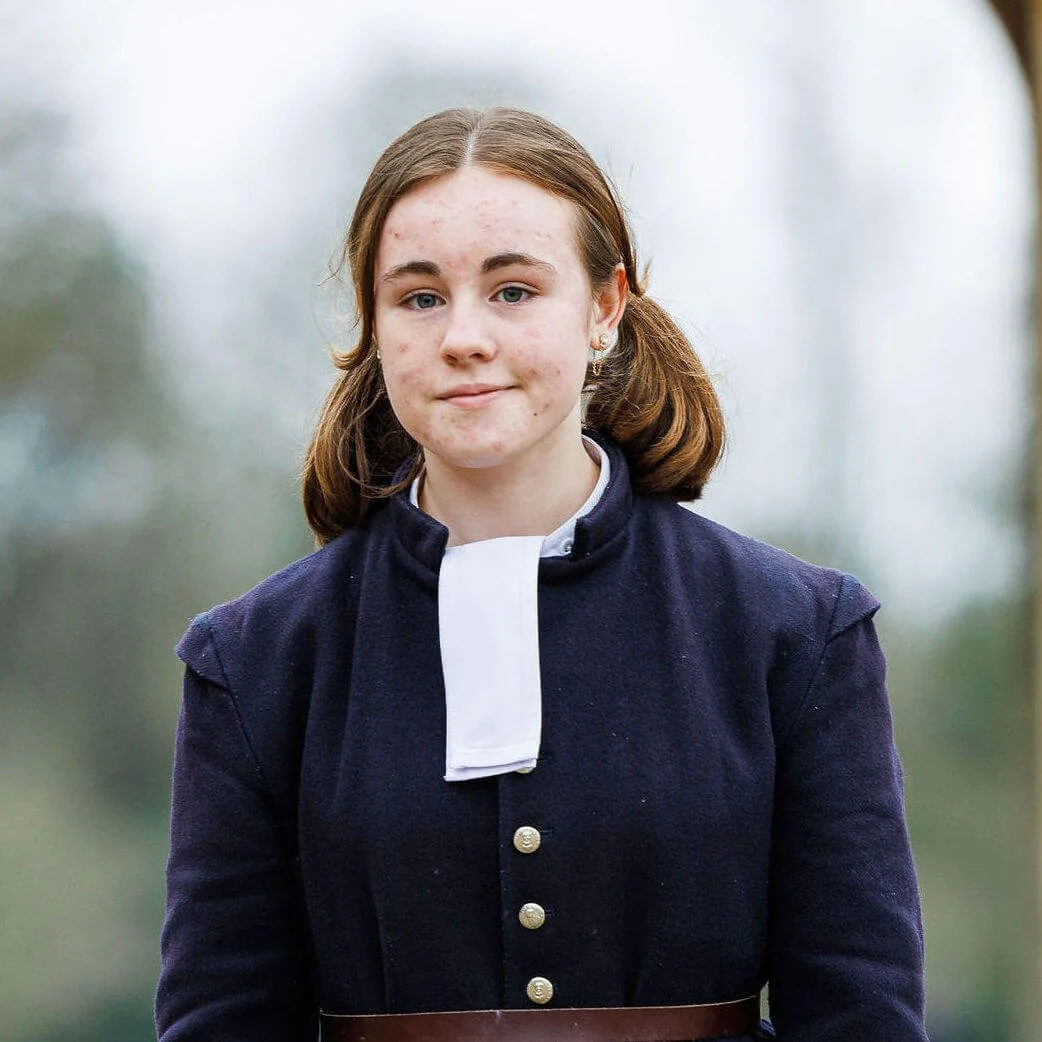Our Environmental Ethos: Outdoor Classrooms and Woodland Coronations
/““To raise a nature-bonded child is to raise a rebel, a dreamer, an innovator… someone who will walk their own verdant, winding path.”
At Sompting Abbotts, we adopt a school-wide ethos that embodies our commitment to the environment. Our overriding principles – 'Embrace Nature; Embrace Learning; Embrace Childhood' – are threaded through our teaching, influencing every child's journey from Pre-Prep to Upper Prep.
Our 30-acre grounds and woodland in the South Downs National Park are at the roots of our ethos, with parts left ‘untamed’ to invite downland diversity: orchids, cowslips and wild thyme; badgers, foxes and squirrels; butterflies, beetles and birds.
Currently, two buzzards are nesting in our trees!
“My children can now identify sparrow hawks and red kites. They recognise the song of the stonechat and skylark.”
Thursdays are ‘mindful mornings’ when our ornithology-enthusiast Mr B takes his form out with binoculars for their ‘tweet of the day’.
“I don’t want it to feel like a lesson. Birdwatching is just a wonderful way to be amidst nature and understand connectedness,” he says. (Read about our birdwatching lessons here)
Headmaster Chris Gunn believes: “If children lose contact with the natural world, they won't fight for it. Too many are more familiar with Roblox and Fortnite characters than British wildlife species.” The climate emergency, he adds, underscores the importance of teaching children to appreciate nature.
“Our grounds are the ‘living classroom’ helping us germinate a generation of nature-lovers. Their influence, we hope, will extend beyond our gates into the future of our shared planet.”
Kirsty Miles, Head of Pre-Prep, elaborates: "Even at nursery, the children engage with nature and the changing seasons: collecting wood for fires, making tools, digging in mud, identifying insects and plants. Getting caught in brambles or covered in mud is part of it: it builds resilience and makes them observe nature."
Spring, they grab nets and use our big pond for wet habitat science learning. Staff are urged to integrate outdoor elements wherever possible into lessons. “Icicles for teaching states of matter, trees for bark rubbings or orchard fruits for numeracy and baking are just a few examples,” adds Mrs Miles. “We celebrated the King’s Coronation in the woods, making crowns from the long grasses and thrones, orbs and sceptres from wood and twigs!”
Time spent outdoors helps lift moods and boost concentration and our prep classes continue their nature immersion: tree climbing is encouraged (with a few rules – our prep children are allowed to climb to higher branches)!
“Playing to children’s fascination with nature makes our children more receptive to the bigger environmental issues of biodiversity, the effects of global warming and sustainability etc that we teach in PSHE, science and geography.”
From Year 3 to 8, students leverage our diverse habitats for practical learning, including dissecting Barn Owl pellets, making rainwater harvesters (our own tomatoes, peas and onions get used in the school kitchen), re-enacting the Minpins in the woods and creating Andy Galsworthy-style land art using plants, twigs and leaves.
At Sompting Abbotts, thinking green and celebrating the wonder of nature is simply ‘what we do. With each class, each discussion, each outdoor exploration, we’re sowing the seeds of environmental understanding and stewardship.
“But as an ethos, it’s powerful,” says Mr Gunn. “Our children have the future of the planet in their hands.”
May we raise children who love the unloved things
May we raise children
who love the unloved
things – the dandelion, the
worms and spiderlings.
Children who sense
the rose needs the thorn
and run into rainswept days
the same way they
turn towards sun…
And when they’re grown and
someone has to speak for those
who have no voice
may they draw upon that
wilder bond, those days of
tending tender things
and be the ones.
– NICHOLETTE SOWDER

